Stories that Matter.
Excerpts from MediaStorm's channel showcased above include A Shadow Remains, The Last Move, Fight Hate with Love, Common Ground, Driftless, Rite of Passage, Hungry Horse, Love in the First Person, The Marlboro Marine and Swan Song.
Enjoy full access to MediaStorm's award-winning channel for only $4.99 a month. Your support will help MediaStorm and our community of contributors tell important stories.
As a young boy, Michael “OG LAW” Ta’Bon’s mother lost her vision. Michael cared for his mother as best he could.
As a teenager, he met his father, Malik. He taught Michael about drugs, and together they fueled their habits through crime.
As a young man, Michael was arrested for armed robbery and spent 15 years in prison.
As a prisoner, Michael discovered God, and sought to change his life, and the lives of others.
As a formerly incarcerated person, Michael struggled for work, and found purpose in being a husband, father, and activist. His activism became an increasingly important part of who he was. Michael took ownership of his past and used it to keep others out of prison.
Michael’s wife, Gwen Jackson, a successful singer and actress who has performed with Sheryl Crow, Harry Belafonte and Cirque Du Soleil, was supportive of his efforts.
But seven years since his release from prison, the cost of Michael’s passion is evident. There is tension in the home over where Michael should be, and what he should be doing. His father, his sister, his wife, his stepson, and many others constantly remind him that his focus is in the wrong place. That his passion for keeping children out of prison, while admirable, is costing him his place as a father and husband.
Michael is largely alone in his single-mindedness, understanding the tension in his own family, but not able to accept seeing those around him making the same mistakes that he made as a child. And as the world around him turns to the issues he’s spoken about for years, Michael’s determination and focus is only sharpened. This tension is amplified by the invisible wounds Michael has suffered over the course of his life. The memories of his experience in prison weigh on him heavily.
His history, his family, his faith, his community, and the realities of the world around him, are all working with and against one another, in Michael’s eyes, for the betterment or destruction of his goal to change the world. A deeply complicated confluence of motivations and realities blur his understanding what is possible, and what is right under the ever watchful eyes of his family, and his God.
Fight Hate with Love is a deeply personal look into those cavernous realities.
Chris Capozziello is a professional photojournalist. He has spent more than a decade documenting his twin brother, Nick. Nick, only five minutes younger, was born with Cerebral Palsy.
As the years go by, the difference between the brothers’ lives grows larger. Nick, now in his mid-thirties, still lives with his parents, in the house he grew up in. He frequently complains that they treat him like a child, although physically he feels more like an old man. Meanwhile, Chris suffers a chronic sense of guilt for being capable in ways that his brother is not.
At age 35, Nick is finally able to take his first steps towards independence, But is he ready? His parents seem to think so, but Chris fears the worst. “It's like that feeling you get in your gut that tells you that something bad is going to happen, and there's nothing you can do to stop that.”
How does the death of a child change a parent? How does the death of a parent change a child?
How do these moments change us as we develop and grow further away from who we were as children?
Phillip Toledano is an artist who lives in New York City with his wife Carla and little girl, Loulou.
His life has been marked by the passing of family. Each death diverting the river slightly. His sister’s established a pattern of resistance. His mother’s gave him perspective on his childhood. His father’s showed him the power of unapologetic love.
A Shadow Remains explores Toledano's personal history as he considers the impact that love and loss has had on his life, and the life of his family.
His unique, yet universal experience delves deeply into questions of identity and the ability to manage death in an honest and often humorous manner.
"I'm so clearly conscious of everything that they gave me now. Now that they're gone their shadow remains and I see what a strong and lengthy shadow that is."
Maggie Steber was an only child. Madje Steber was a single parent. They were all the family they had and it wasn't easy.
Madje divorced when Maggie was only six months old. Strong and independent, Madje raised her daughter in the small Texas town of Electra, near the Oklahoma border. She had a keen awareness of what others might be thinking of a young single mother at a time when that was often viewed as a scarlet letter. Their tiny house had strict rules and a formality that rubbed Maggie the wrong way, especially during her teenage years. Their relationship was strained with arguments and threats to move out. At the age of twenty-one, Maggie finally did.
"I wanted to leave, I had to leave," Maggie says. "I went to New York to find my fortune, and there I found it."
That fortune was as an internationally acclaimed photojournalist. She covered everything from fashion to war and completed stories in 62 different countries. She worked routinely for National Geographic, was the Director of Photography for the Miami Herald and taught at various universities and workshops.
As the years passed and Madje grew older, her memory began to fade. Maggie tried to help, but her busy career kept her away from Texas. She was only was able to visit a few times year. To this day, Maggie wonders if she did enough for her aging mother. Eventually it became apparent, Madje had dementia.
The disease proved relentless and Madje could not live alone anymore. Maggie was faced with an issue that more and more Americans must deal with as the massive baby-boomer population grows older. Maggie moved her mother to Miami to care for her. "This is my last chance to do it right," Maggie says.
Over the next few years, Maggie turned her professional eye on her own life, documenting Madje's life in an assisted living facility. The images speak to the pain of loss, the complexities of a mother-daughter relationship and the fragility of life. They reveal beauty in a liberation from the roles Maggie and Madje had learned to play as mother and daughter. They speak to both the harsh and humorous realities of life with a diminished parent and contain lessons for all of us as we face these issues in our own lives.
"This body of work is the most important one I have ever done," says Maggie, "and will ever do. It's Madje's story, but really and truly, it's my story."
It’s 2010.
Tom and Nacole’s daughter is missing. She’s run away from the home they built for her.
Within 48 hours she’ll be forced into a life of prostitution.
It’s 2007.
Lisa is 13 years old and on the streets. She needs to find a way to survive.
She’ll spend the next six years trying to cope with that decision.
It’s 2005.
Andy is arresting a girl for the second time. Frustrated, he asks her “Why?”
The answer will change his life.
Set in Seattle Washington, The Long Night, a feature film by Tim Matsui and MediaStorm, gives voice and meaning to the crisis of minors who are forced and coerced into the American sex trade. The film weaves together the stories of seven people whose lives have been forever changed by this issue.
The Long Night is not themed to advocate a solution. Instead, it submerges the viewer in the experience of what it has been like for Natalie and Lisa to survive in the life; for Tom and Nacole to watch their daughter slip out of their hands; for Andy and his fellow police officers, Brian and Joel, to try to create a more just system.
The Long Night is testimony to the lives of those who have lived this crisis.
Thousands of feet above the earthen crust you cruise at altitude, bathed in the exhalation of others, while wingtip strobes staccato blush the riveted metal that surrounds you.
And while you drift in and out of sleep, flying further away from home, you cross datelines, and pass through plains of lingual dominance as English grammar dissolves into unfamiliar tones.
Descending through night clouds, you look down to see the tungsten dots of naked filaments eking out their existence like dying embers spit from the shacks nesting in shadowed hillsides.
Then you wonder, did you remember to turn off your hall light?
As the tires skid and add their rubber signature to this foreign runway’s hieroglyphs, you take one last breath of pressurized air, tap your passport in your pocket, and exit into a new land, a blank persona, traveling anonymously.
Ulaanbaatar. N'Djamena. Ankara. Kyoto. Manaus. Kolkata. Pittsburgh.
Once you leave, no one knows you were there.
Hungry Horse: Legends of the Everyday, is a film series and photography project created by internationally acclaimed photographer Pieter ten Hoopen in collaboration with MediaStorm.
In the films, Pieter touches on the struggles of poverty, drug use, loneliness and loss. But he more accurately captures the spirit of renewal, peace and serenity in the lives of the people he documents through stunning landscapes and intimate oral histories. Hungry Horse: Legends of the Everyday follows the mythical structure of its subjects’ lives, Charlie, Katie and Brad Lee, and it is through their stories, and Pieter's powerful imagery that we learn about the timeless cycle of adventure, loss and renewal.
The Greers grew up as a 3-woman unit. This mother-daughter team was nicknamed “The Greer Girls.”
When Marilyn is diagnosed with dementia at age 58, her daughters refocused their lives to care for her during her most precious years.
As Marilyn’s disease progresses, the girls struggle to care for a woman who is less and less like their mother. Together, they navigate the unknown while balancing their personal lives until they are forced to make a heartbreaking decision.
MediaStorm Project Showcase
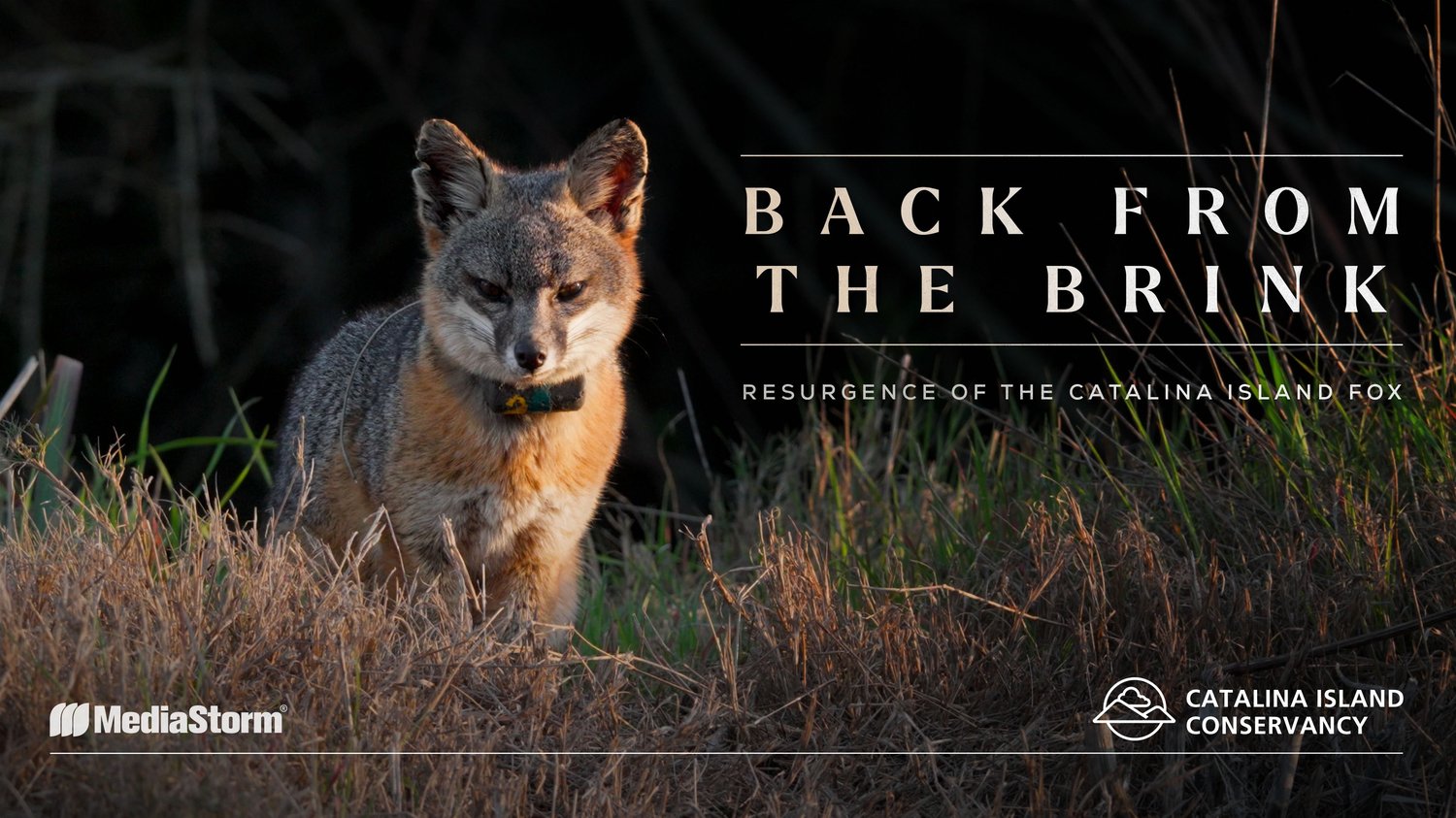
Once teetering on the brink of extinction, the Santa Catalina Island Fox made a dramatic recovery. Its resurgence marks one of the greatest conservation success stories in United States history.
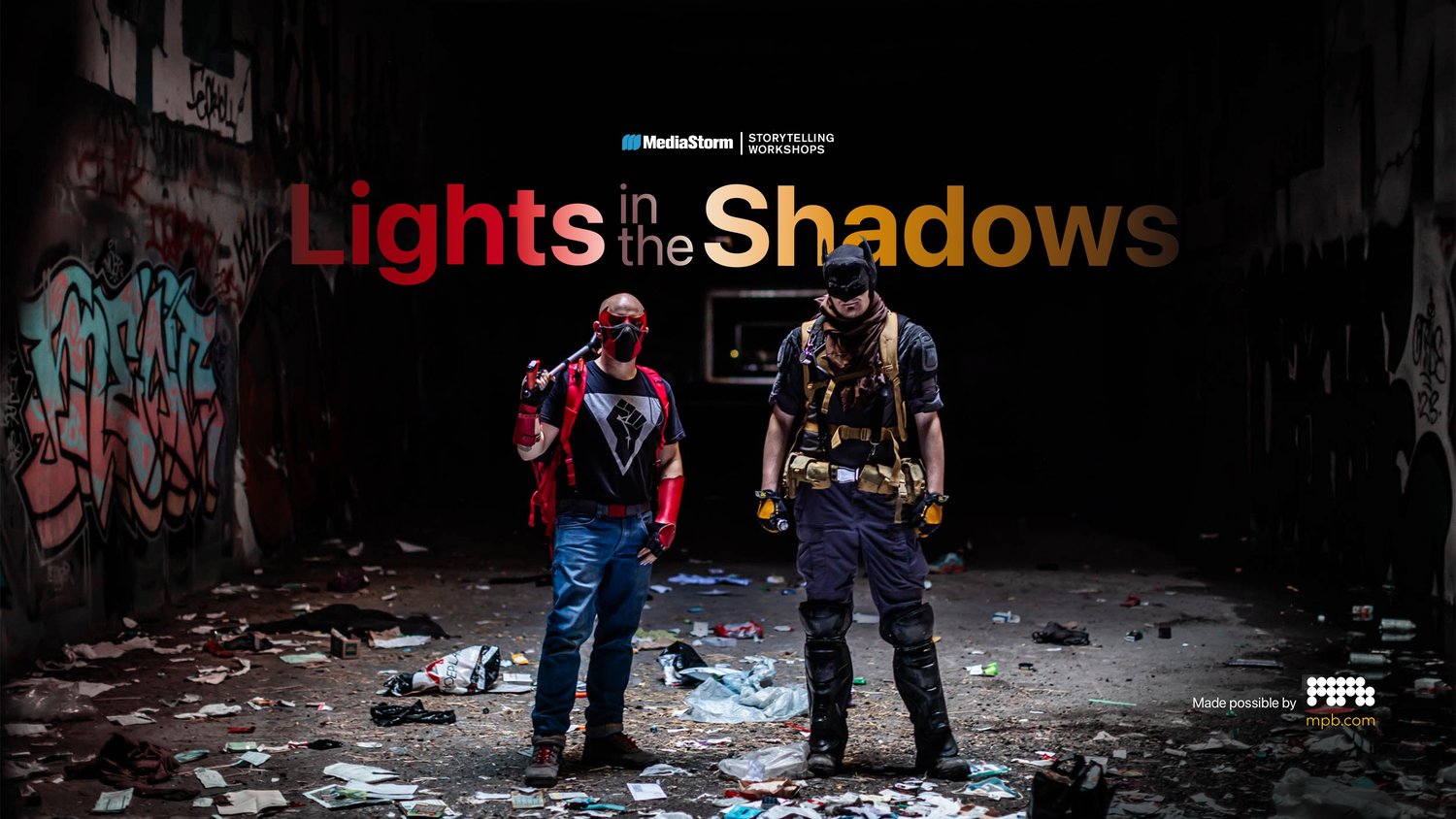
In the shadow of Silicon Valley’s booming technology industry, a growing number of people remain out in the cold. Skyrocketing housing prices in America’s hub of innovation have pushed many onto the streets, straining policymakers to find solutions to a homelessness problem that impacts everyone in the community.
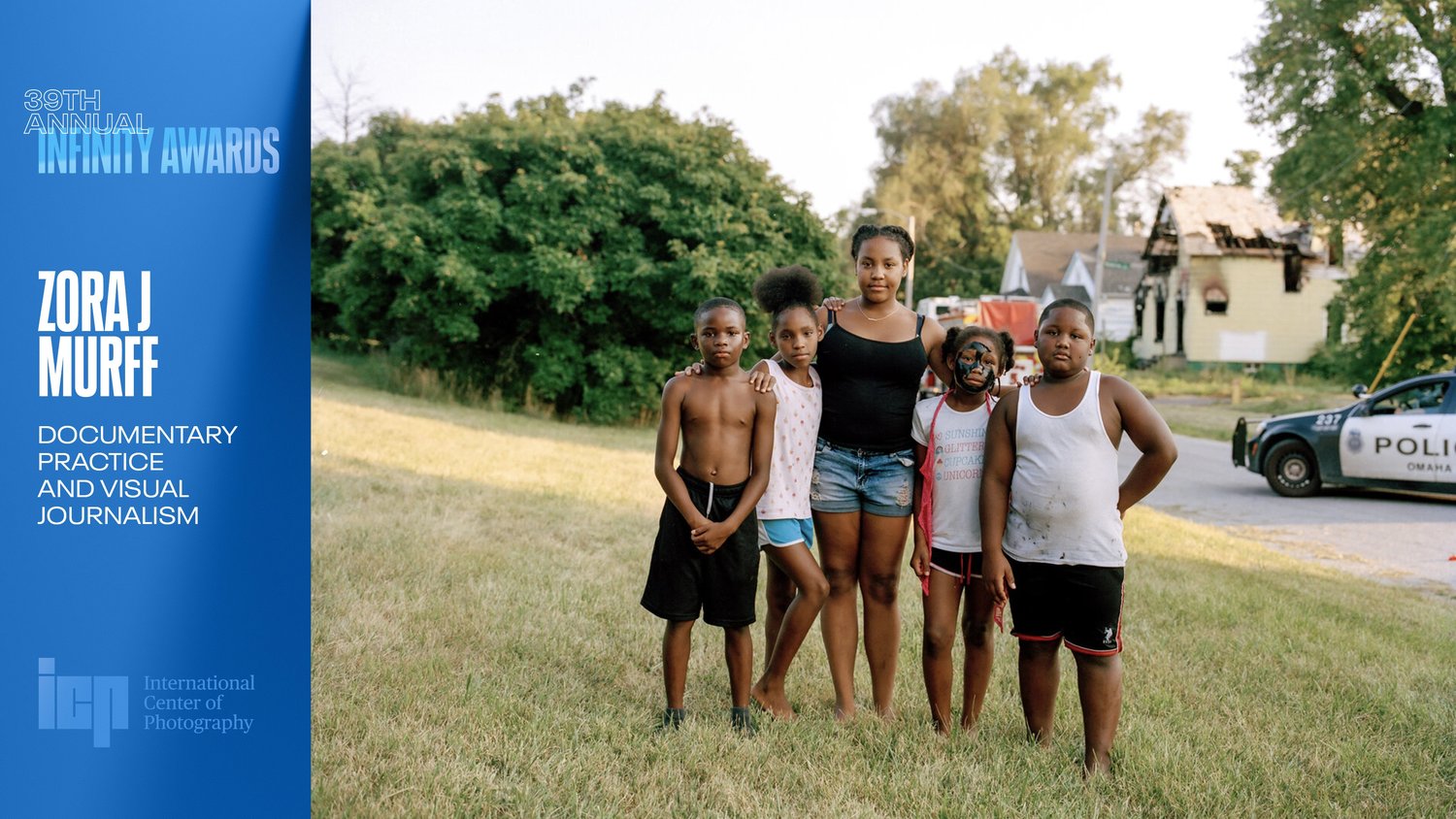
This page recognizing Zora J Murff for ICP’s 2023 Infinity Award for Documentary Practice and Visual Journalism features a film about his life, a slideshow of his projects and extra clips of his thoughts about his work and motivation.
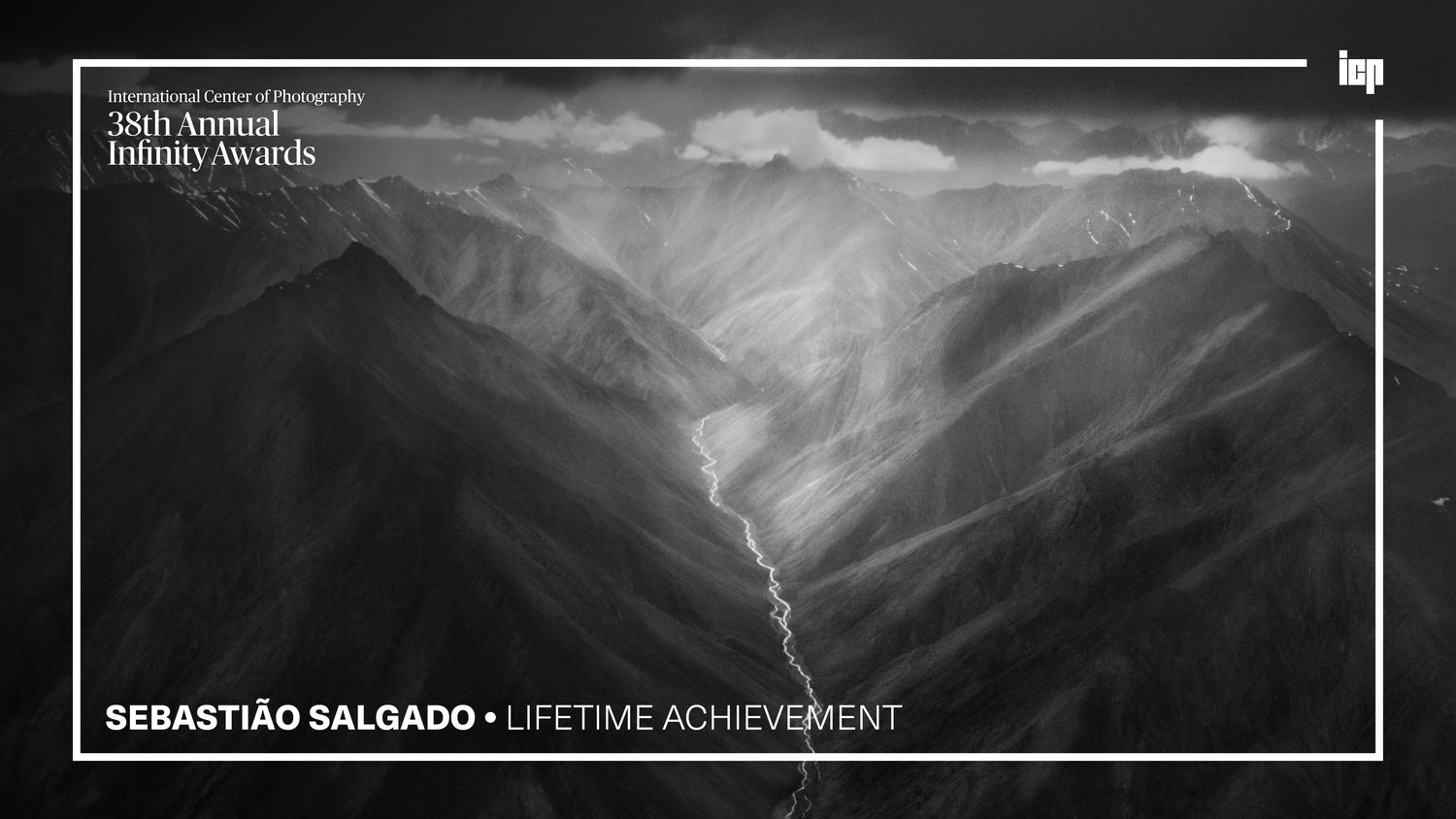
Sebastião Salgado says "a good picture, a fantastic picture, you do in a fraction of a second, but to arrive to do this picture, you must put your life in there."
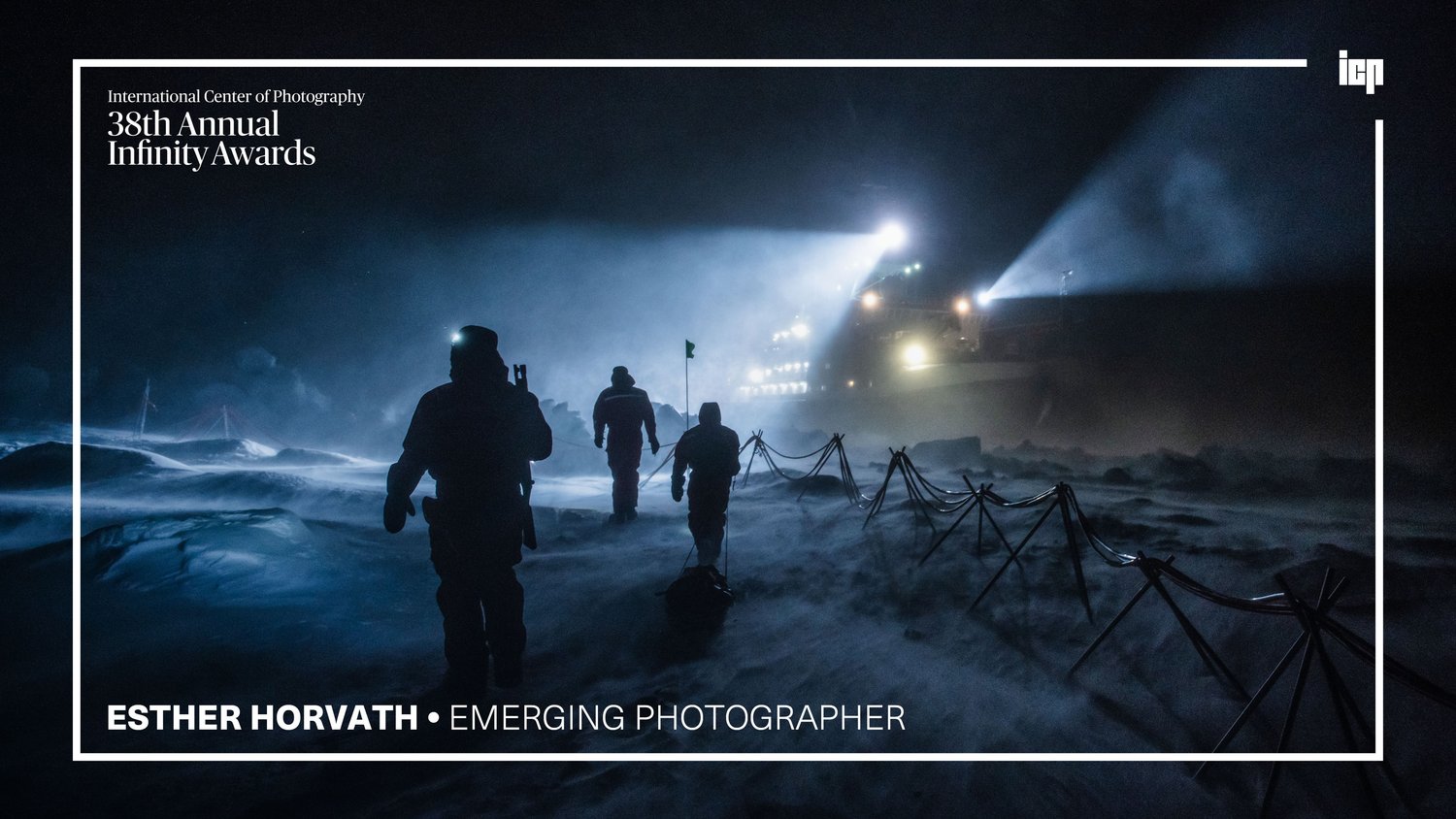
Esther Horvath has sent questions to the universe and she has received answers. She found her calling to tell visual stories that show the full research story behind our climate data.
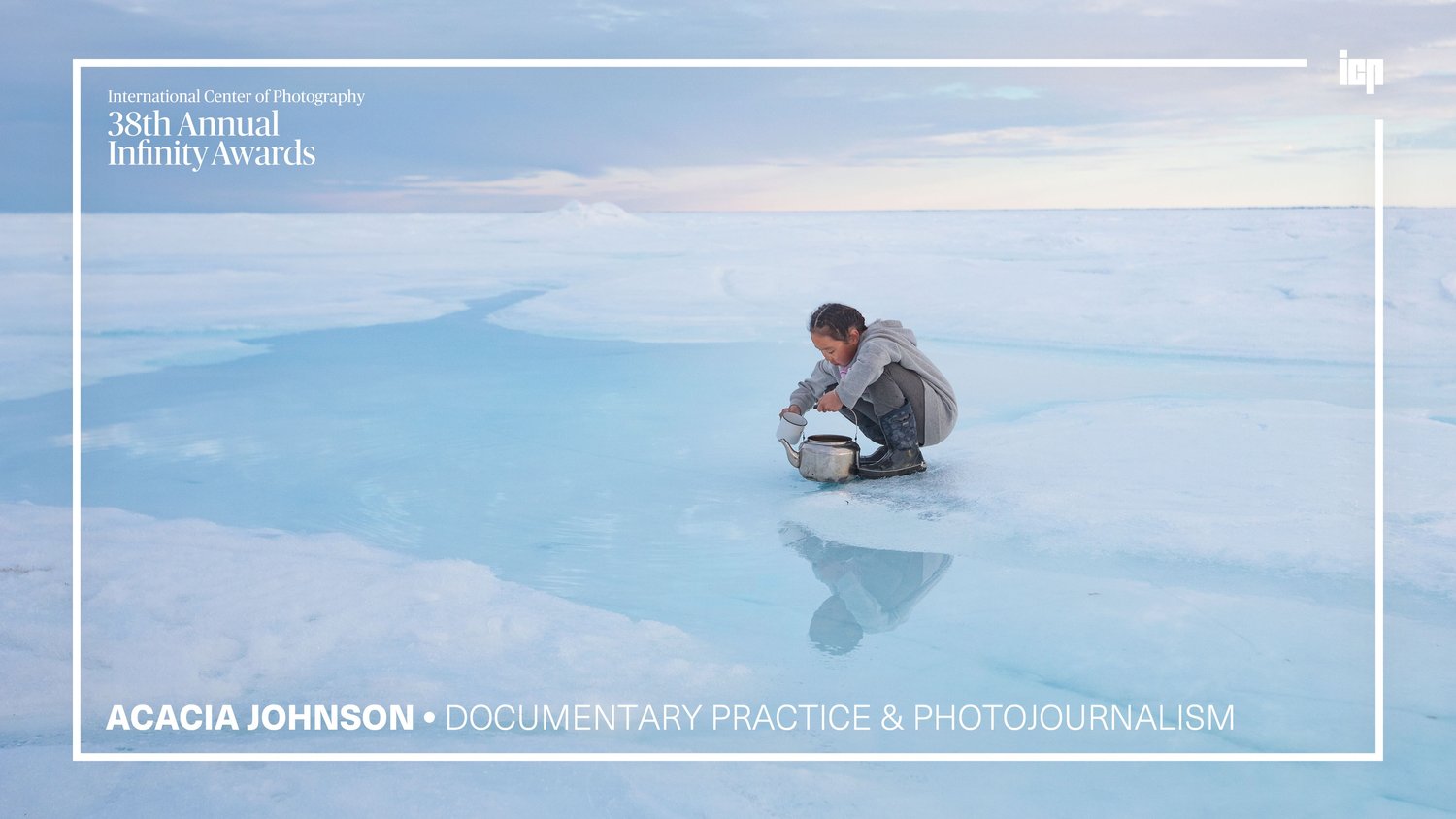
See photographer Acacia Johnson’s growth from her earliest explorations of Alaskan landscapes to a National Geographic cover for a documentary project among indigenous people of the Arctic.
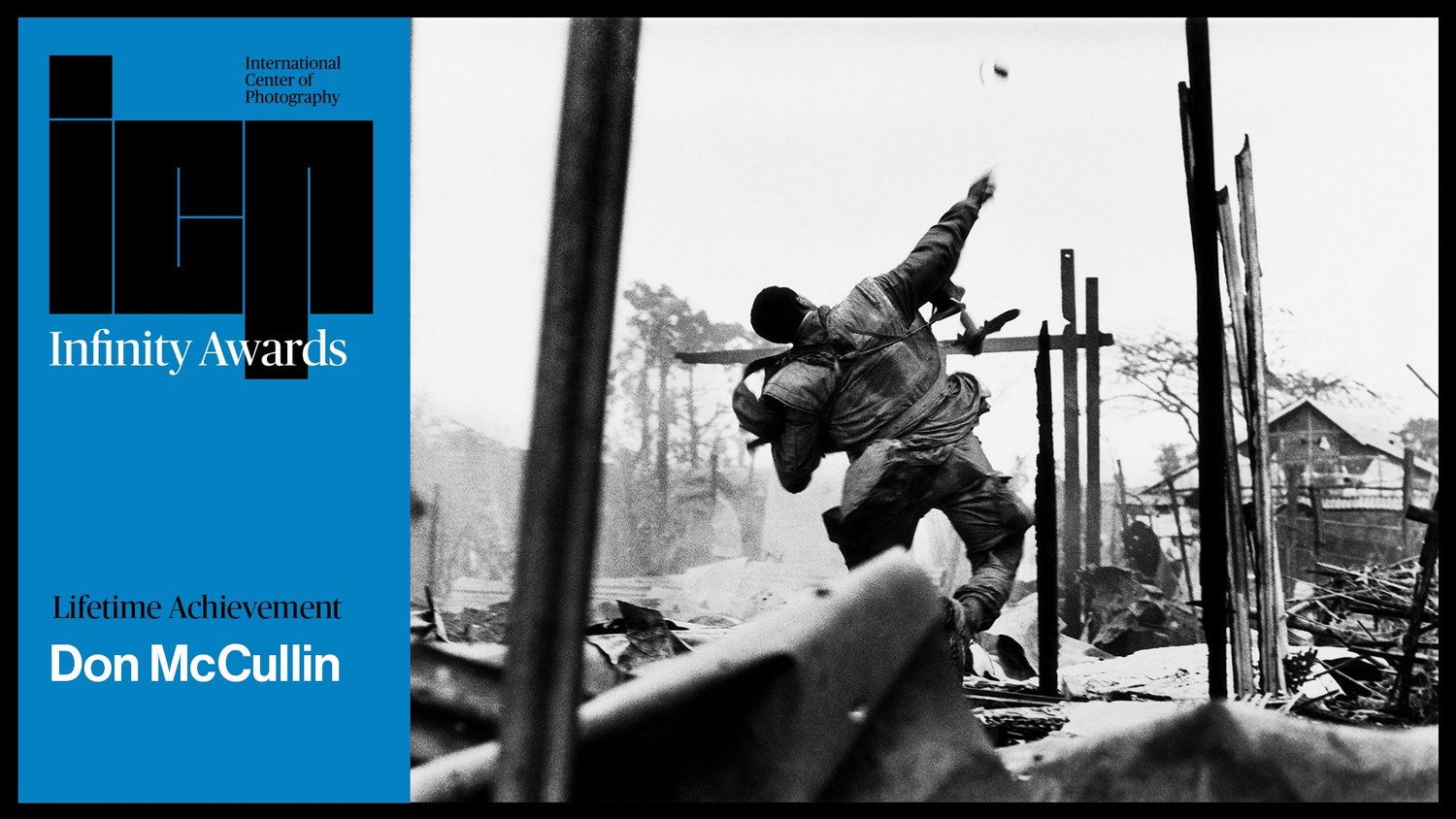
Sir Don McCullin never intended to become a photographer. He found it hard to believe he’d ever escape the poverty of North London. But a spur of the moment photograph launched McCullin into a career spanning 50 years in photography.
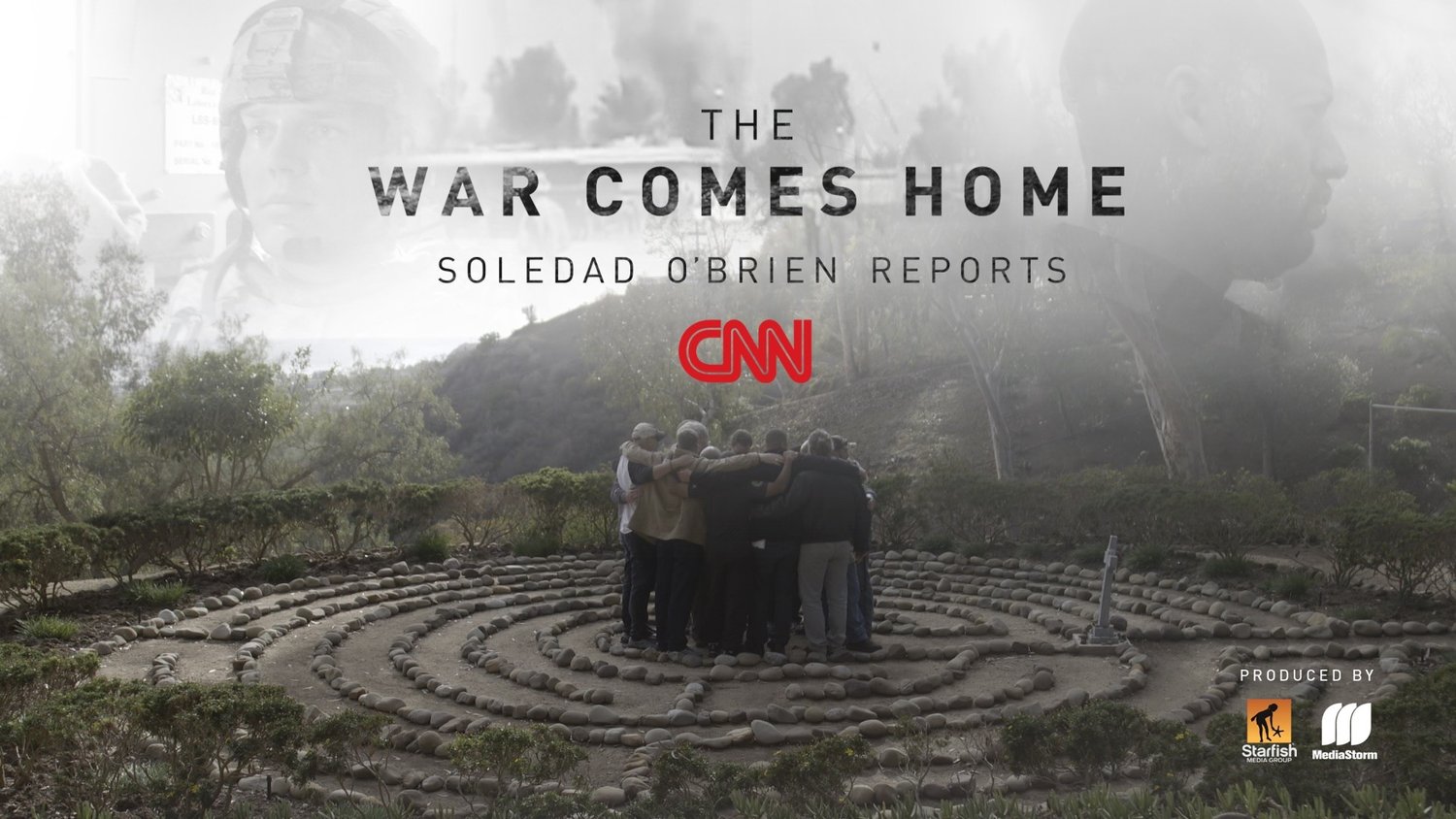
As the U.S. prepares for the final drawdown of soldiers from the conflicts in Iraq and Afghanistan, Soledad O’Brien and MediaStorm take an intimate look at two veterans as they struggle with the transition from war to home.
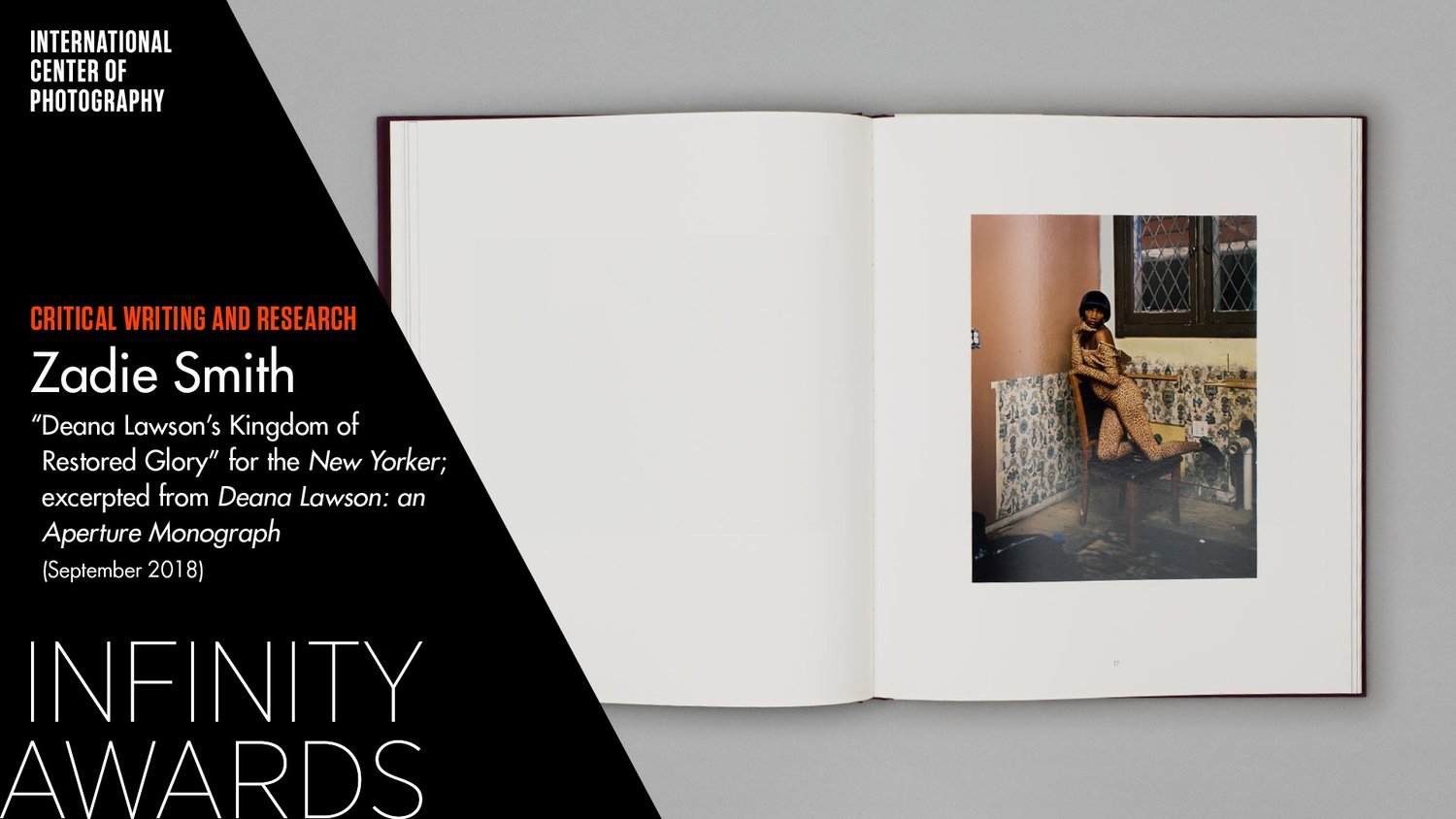
Writer Zadie Smith pays homage to photographer Deana Lawson in the artist’s first Monograph for Aperture.
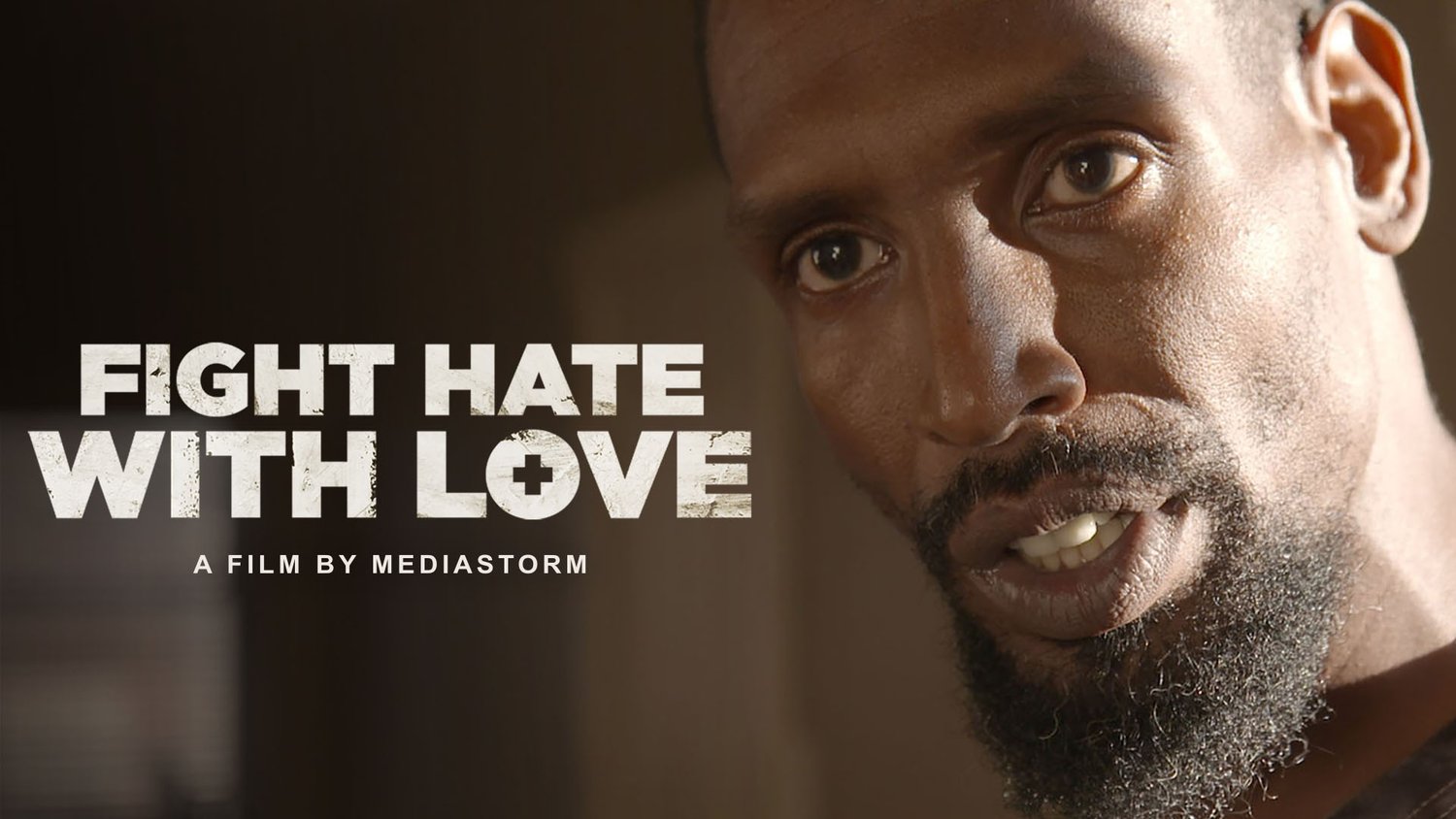
As a formerly incarcerated person, Michael struggled for work, and found purpose in being a husband, father, and activist. But 7 years since his release from prison, the cost of Michael’s activism is evident.

Benny is a “certified” garbologist. He collects what others throw away. Benny is also at war with his family. Here is a man sharing a house with his wife but living as a stranger. This is a household on the edge.
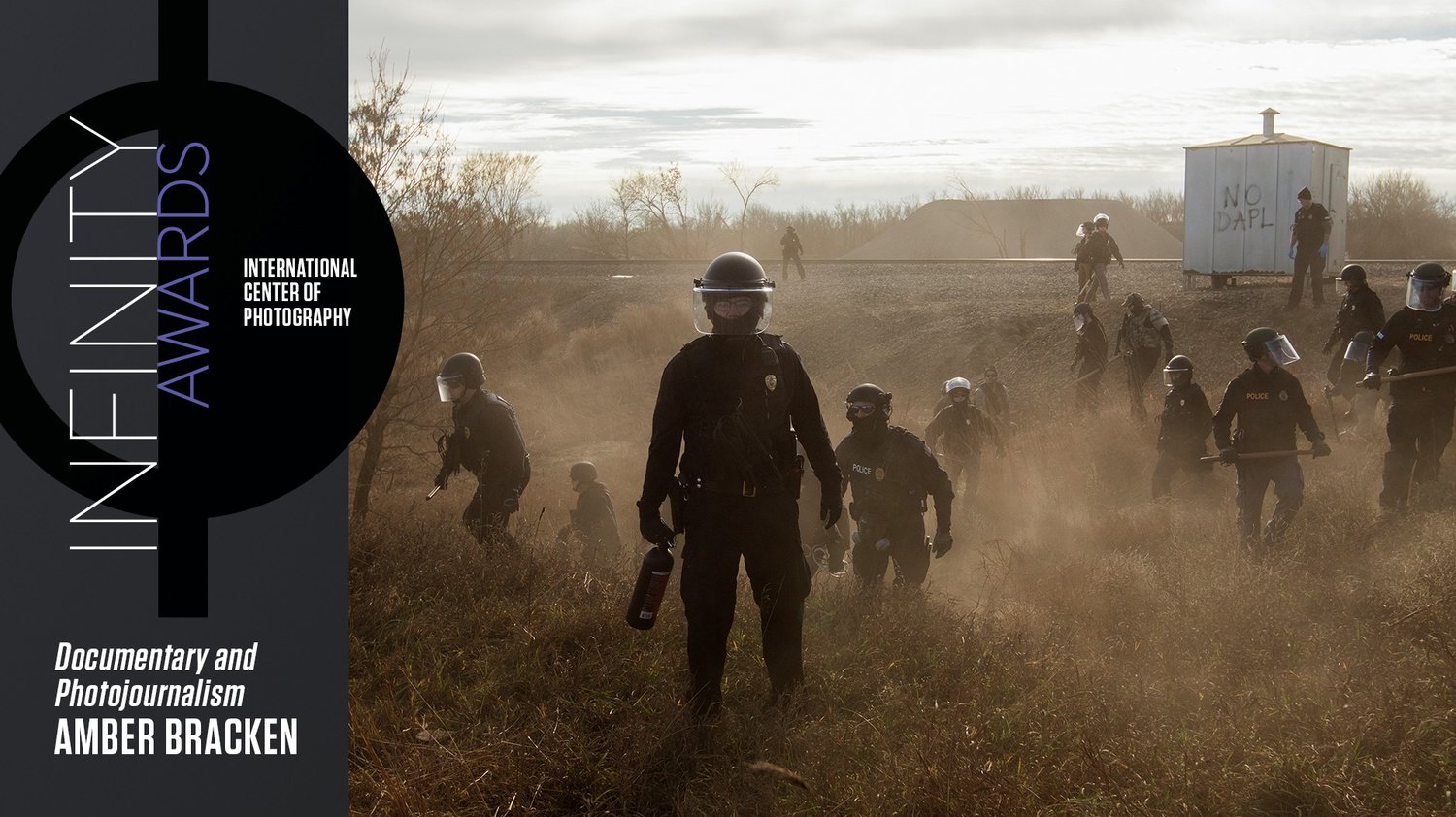
Photographer Amber Bracken recognized something deeper than a protest was afoot when hundreds of tribes gathered at the Standing Rock reservation in opposition to the Dakota Access Pipeline.
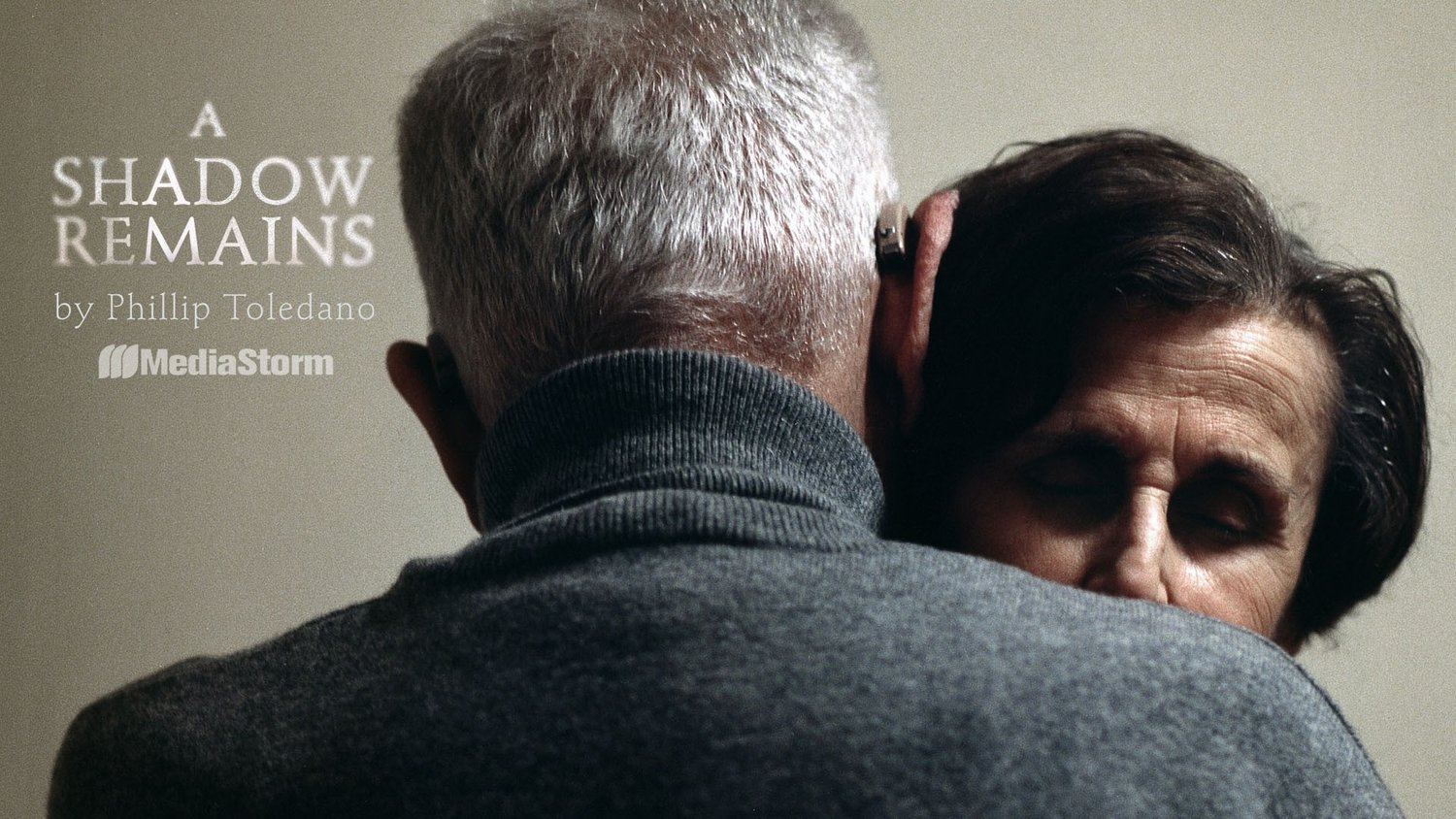
How does the death of a child change a parent? How does the death of a parent change a child? How do these moments change us as we develop and grow further away from who we were as children?
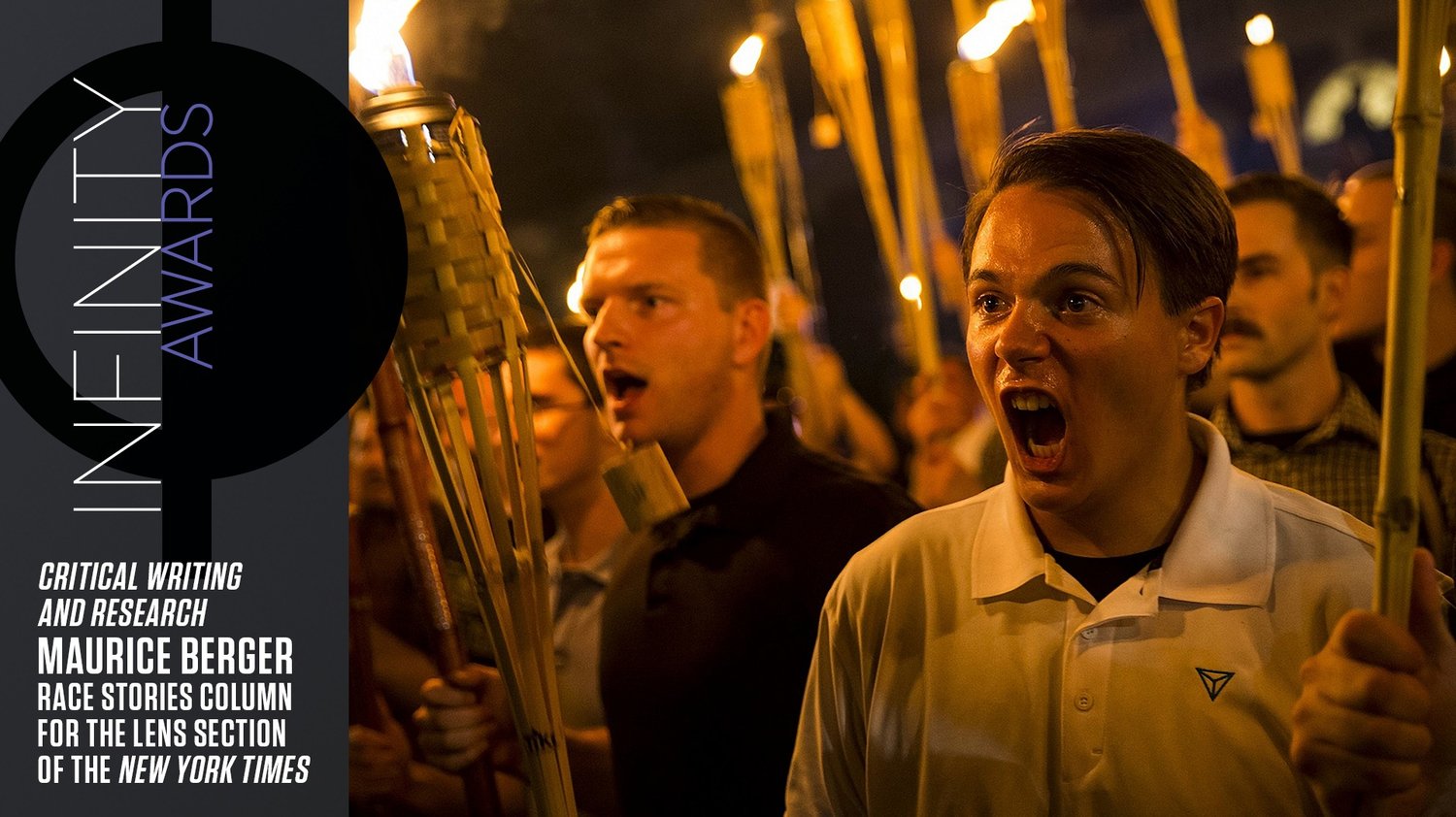
Maurice Berger–cultural historian, and columnist for the New York Times’ Race Stories–has spent his career studying and teaching racial literacy through visual literacy.
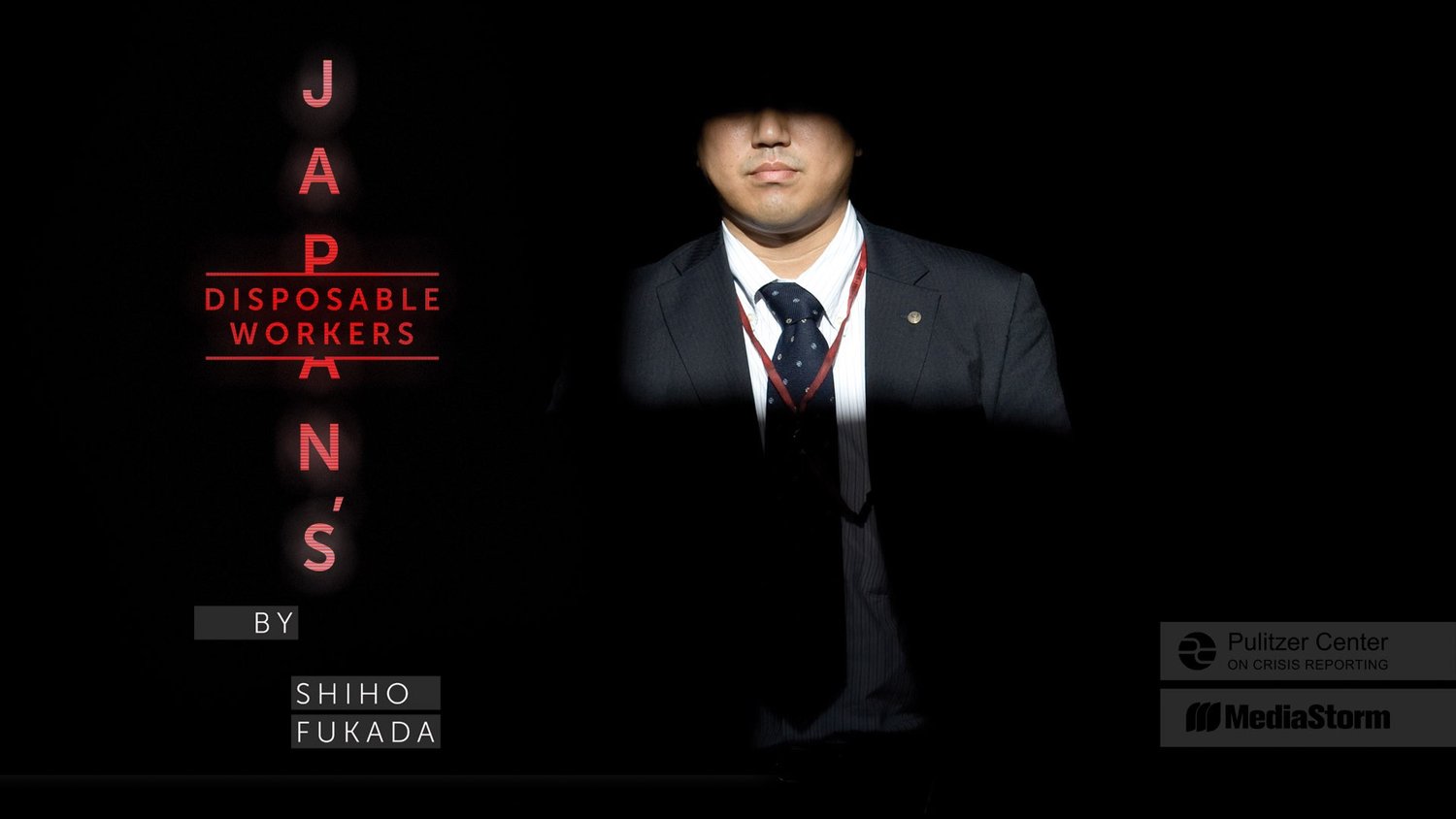
Japan’s Disposable Workers examines the country’s employment crisis: from suicide caused by overworking, to temporary workers forced by economics to live in internet cafes, and the elderly who wander a town in search of shelter and food.
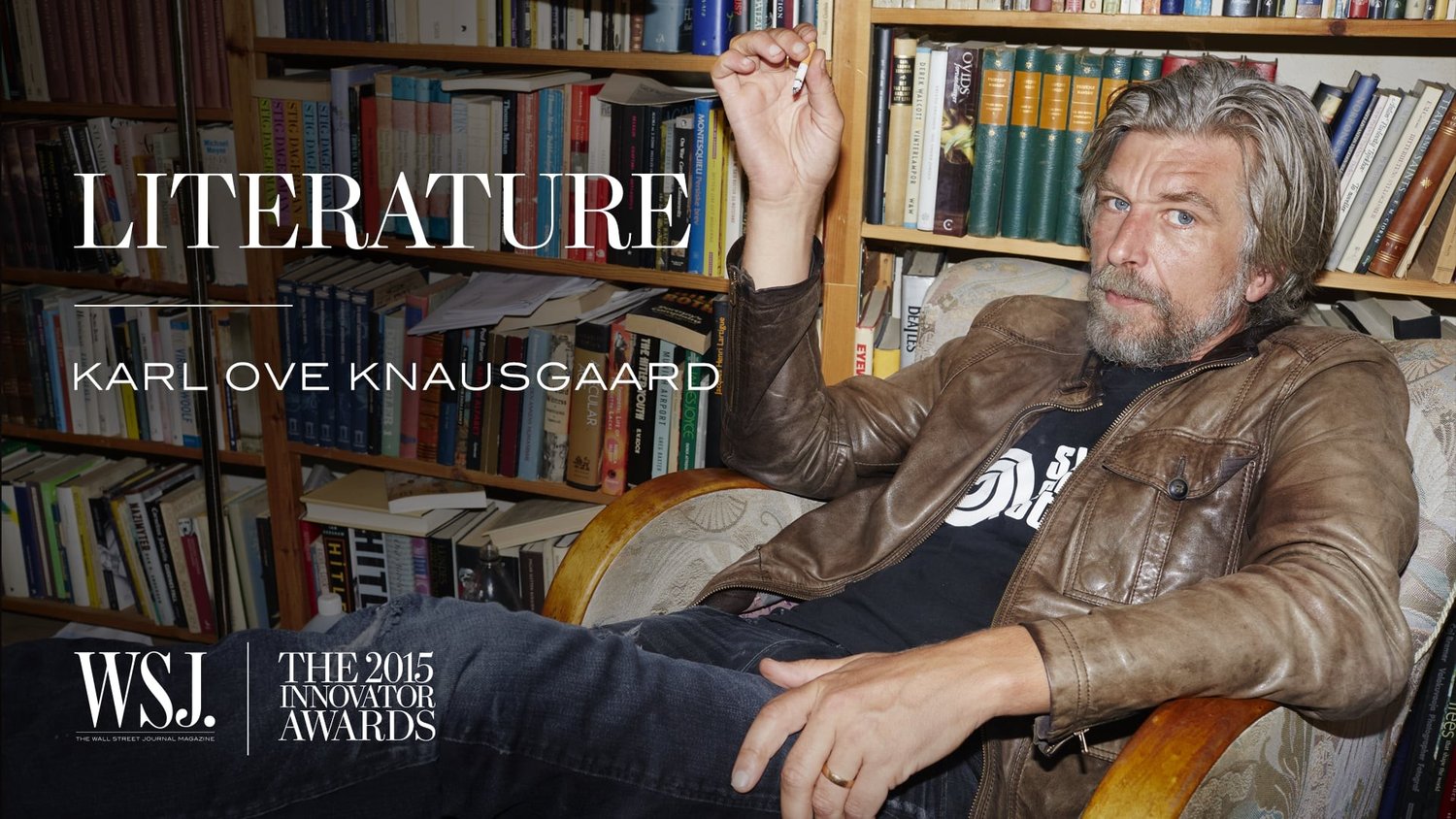
Karl Ove Knausgaard is the celebrated author of a massive six-volume autobiography. But Knausgaard remains confused by the attention. This is a portrait of a man who has achieved massive success yet still considers himself unworthy.
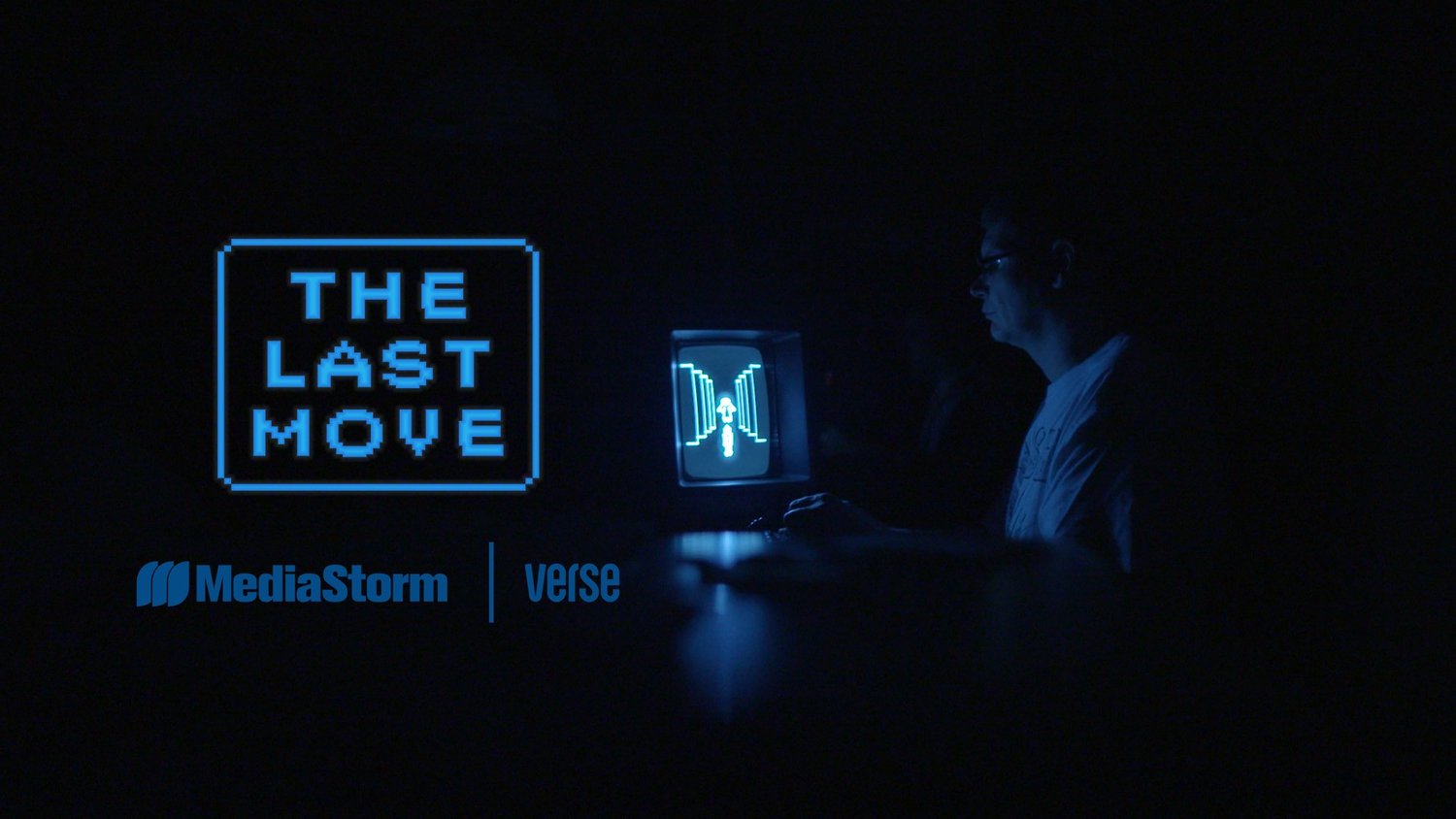
Michael Thomasson has devoted his life to video games. It’s been his passion and his obsession for more than three decades. He owns over 11,000 unique game titles for more than 100 different systems.
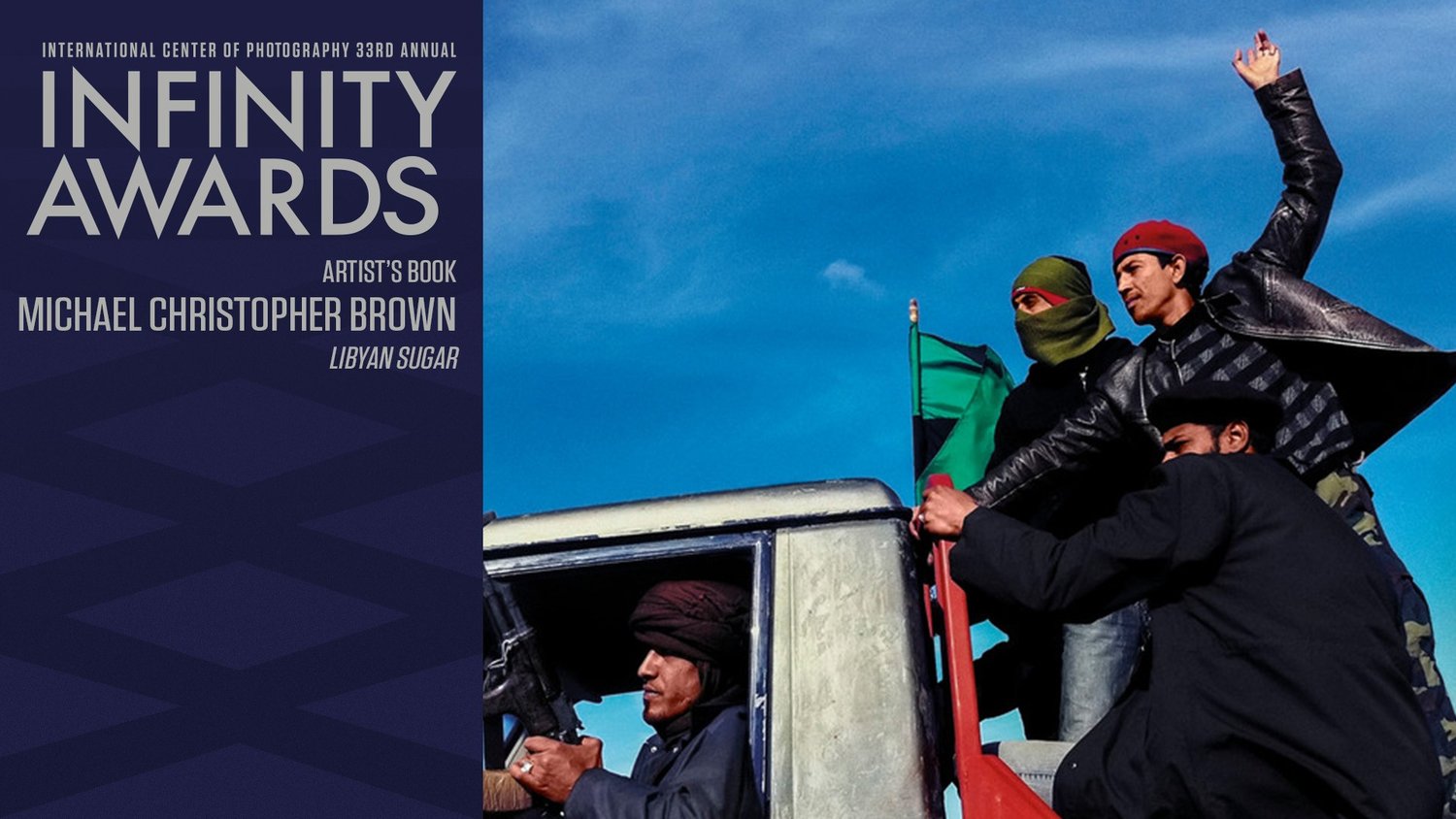
A film about Michael Christopher Brown for the 2017 ICP Infinity Awards.
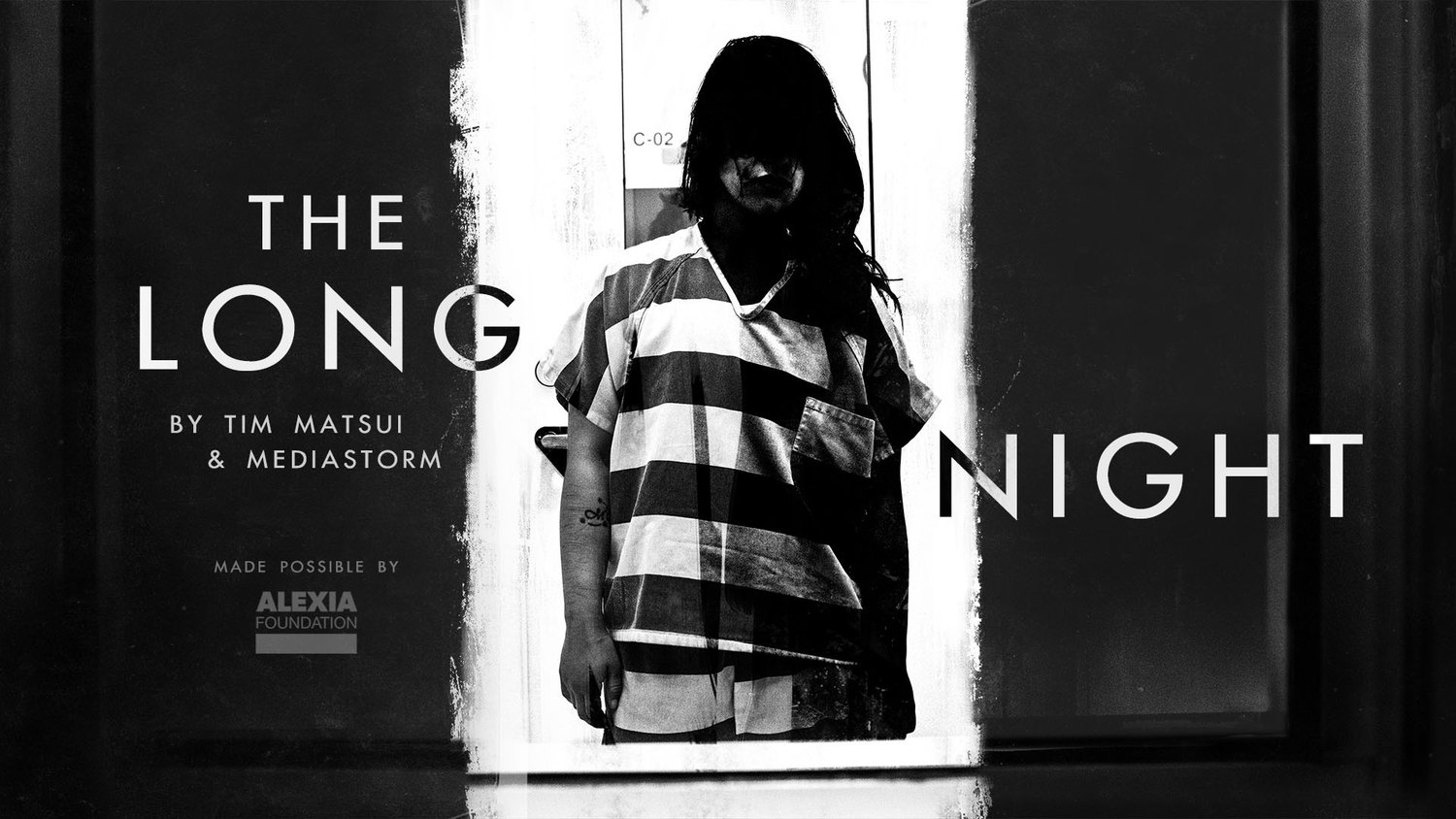
The Long Night, a feature film by Tim Matsui and MediaStorm, gives voice and meaning to the crisis of minors who are forced and coerced into the American sex trade.
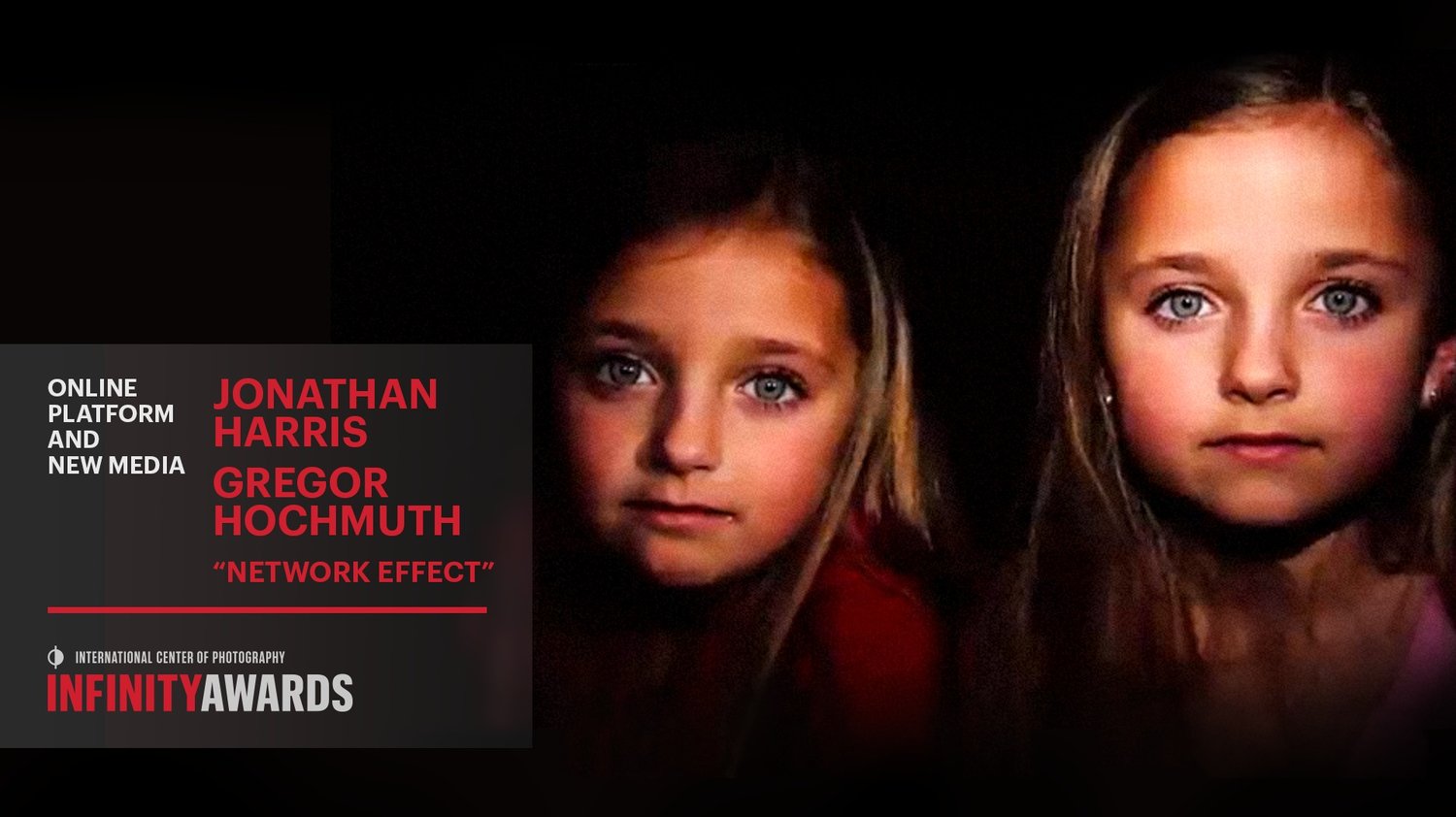
Jonathan Harris and Greg Hochmuth have a complicated relationship with the internet and have worked together to develop an artwork that explored some of the more difficult consequences of what it means to live with the internet.
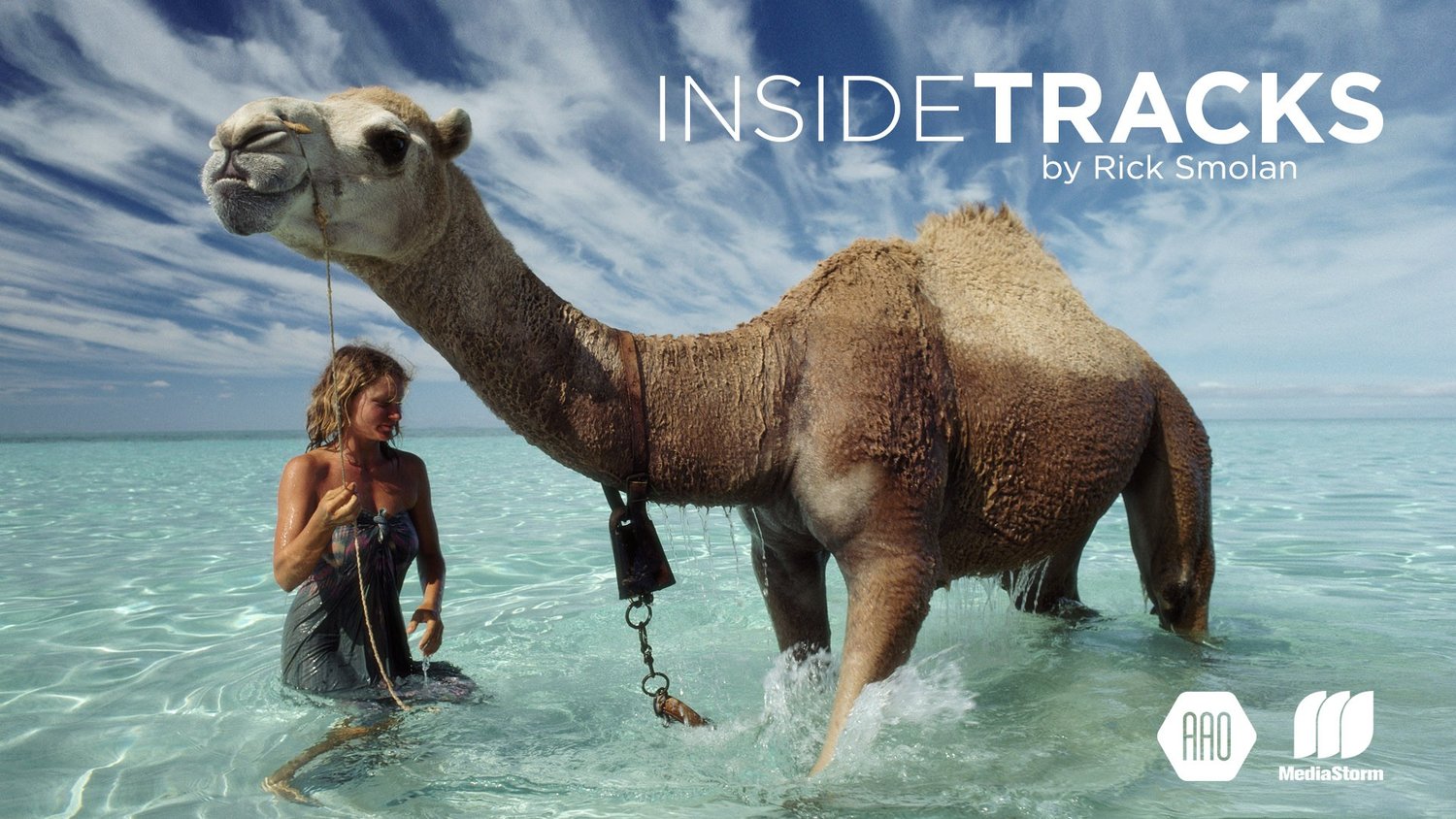
In 1977, Robyn Davidson walked 1,700 miles across the Australian outback. National Geographic sent Rick Smolan to photograph her perilous journey—a trek that tested and transformed them, forming an immutable bond that continues to this day.
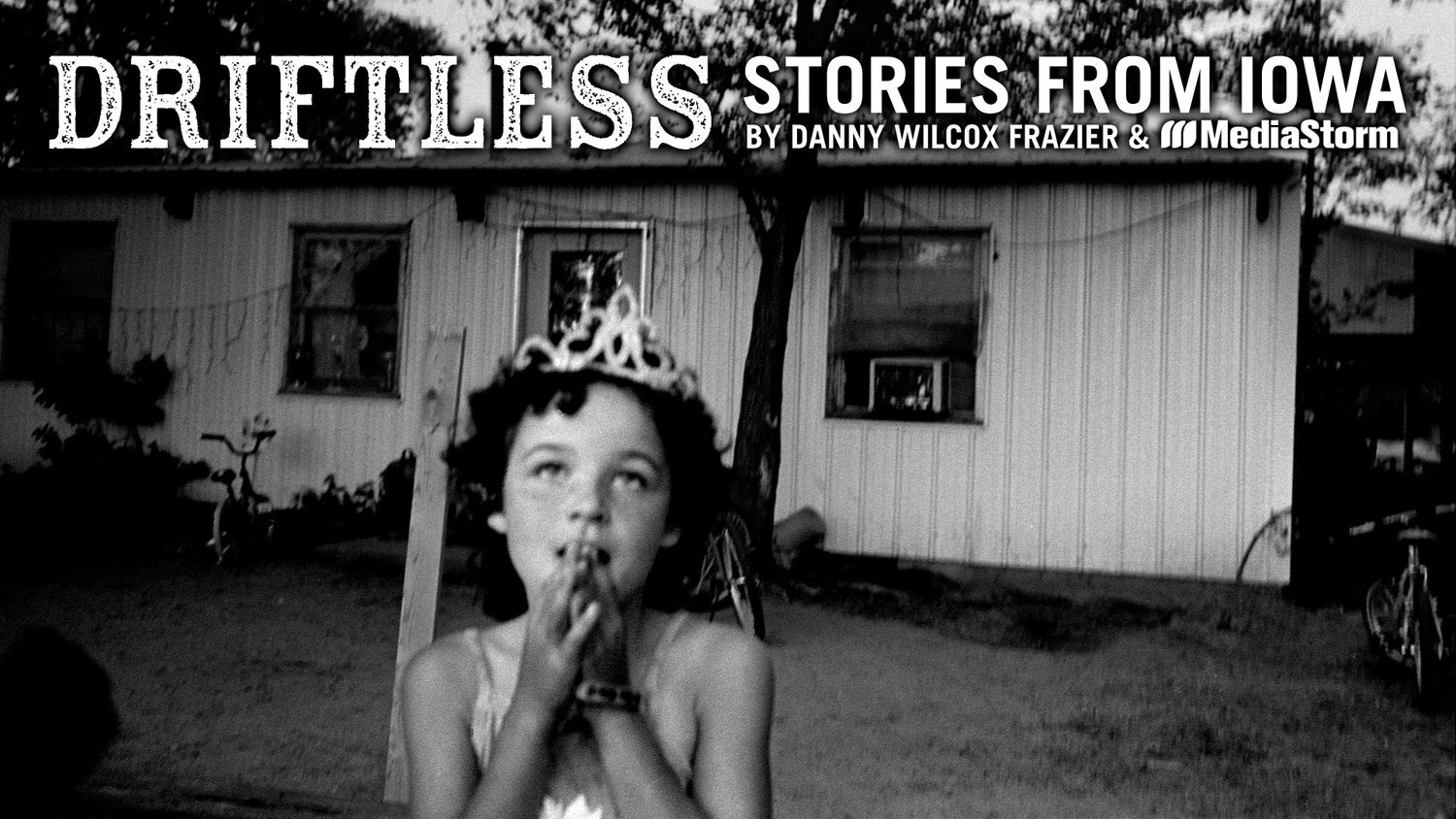
Once at the center of the U.S. economy, the family farm now drifts at its edges. In Iowa, old-time farmers try to hang on to their way of life, while their young push out to find their futures elsewhere. Driftless tells their stories.
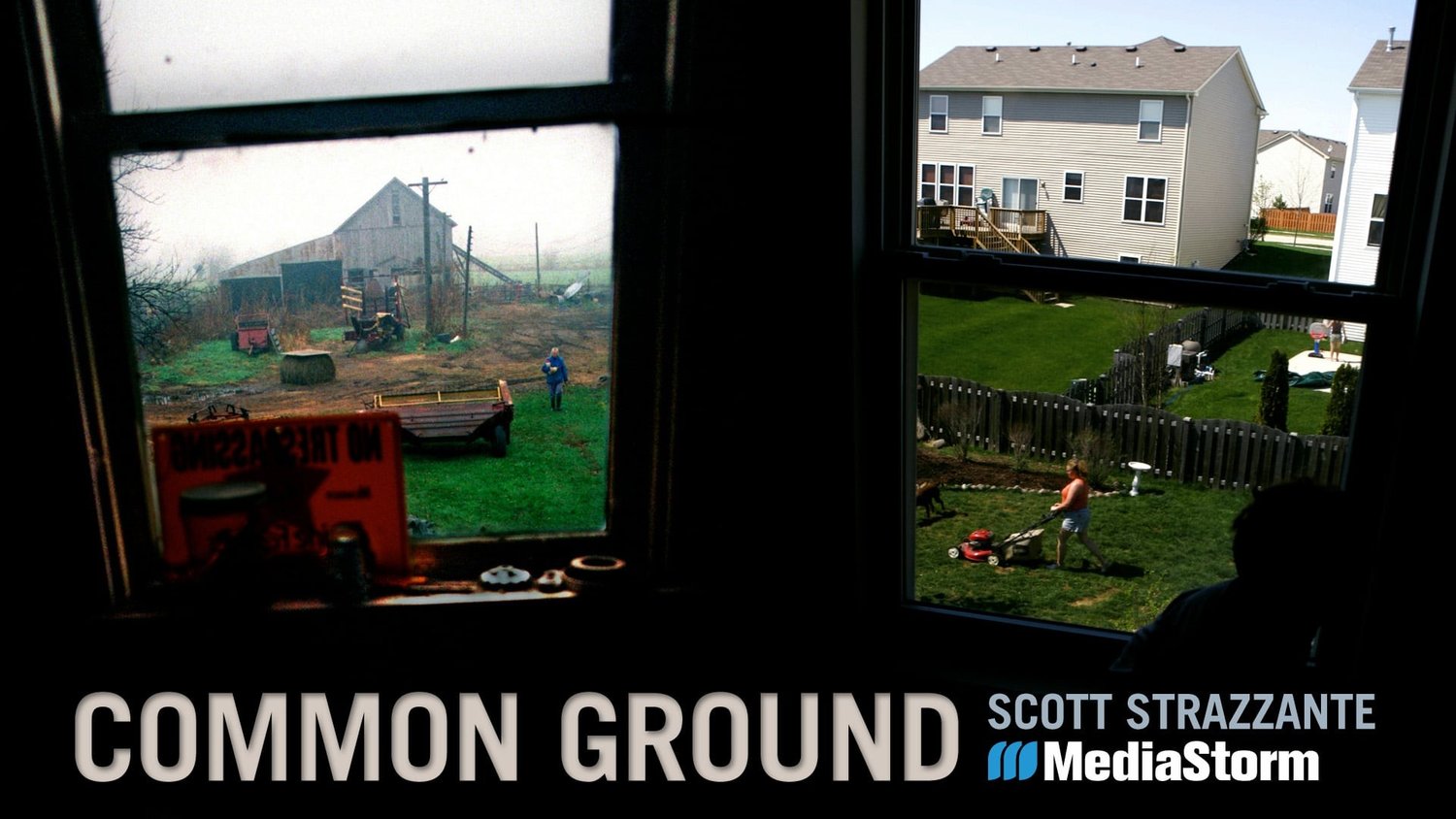
The American family farm gives way to a subdivision - a critical cultural shift across the U.S. Common Ground is a 27-year document of this transition, through the Cagwins and the Grabenhofers, two families who love the same plot of land.

For Walter Backerman, seltzer is more than a drink. It’s the embodiment of his family. As a third generation seltzer man, he follows the same route as his grandfather. But after 90 years of business, Walter may be the last seltzer man.
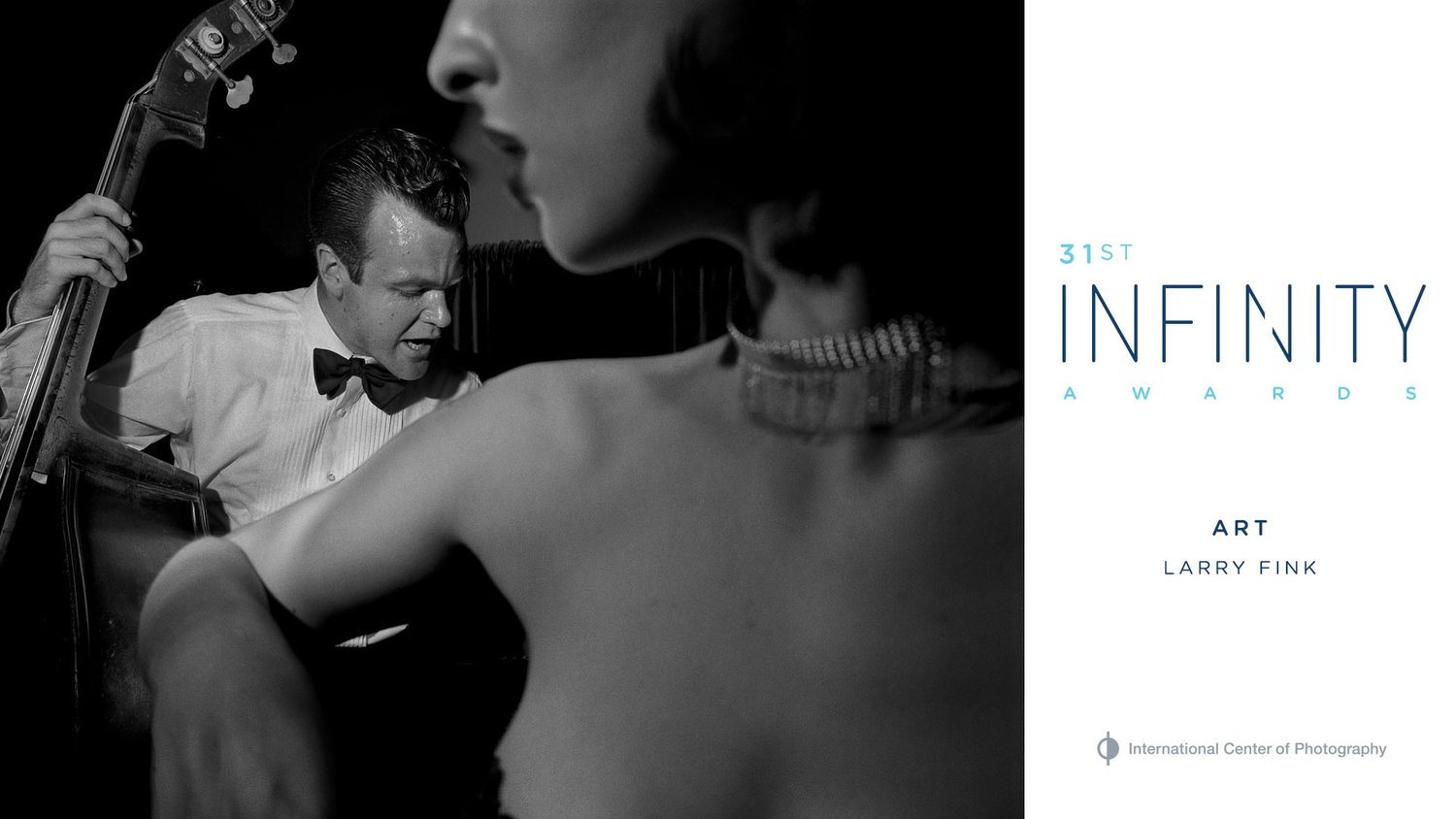
Larry Fink has spent over 40 years photographing jazz musicians, wealthy manhattanites, his neighbors, fashion models, and the celebrity elite. His archive is a thoughtful collection of American history, and Fink’s experience of it.

LaToya Ruby Frazier’s body of work “The Notion of Family” examines the impact of the steel industry and the health care system on the community and her family. Collaborating with her mother and grandmother, she uses her family as a lens to view the past, present and future of the town.
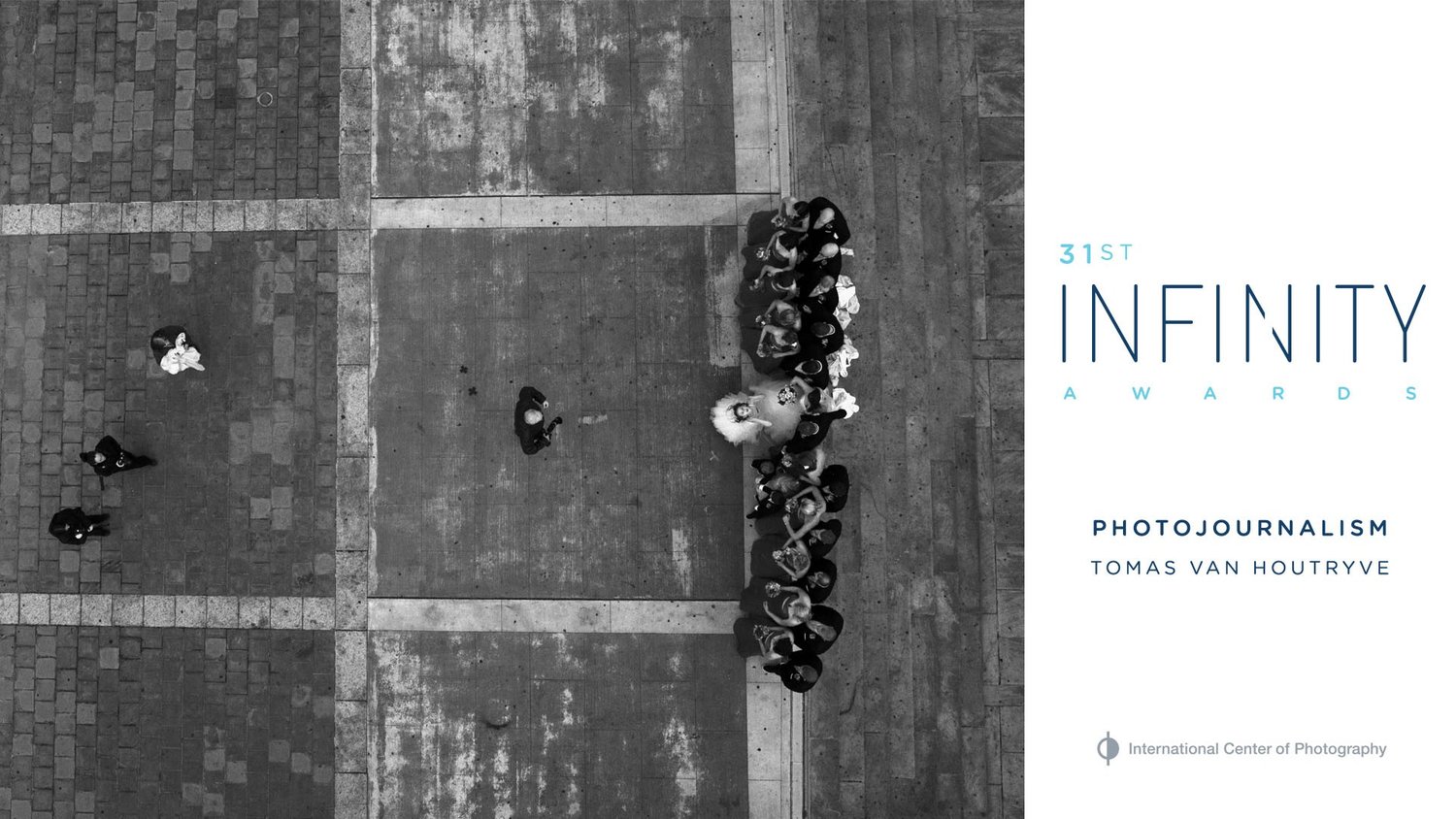
Tomas Van Houtryve wants there to be a permanent visual record of the dawn of the drone age, the period in American history when America started outsourcing their military to flying robots. In order to create this record, Van Houtryve sent his own drone into American skies.
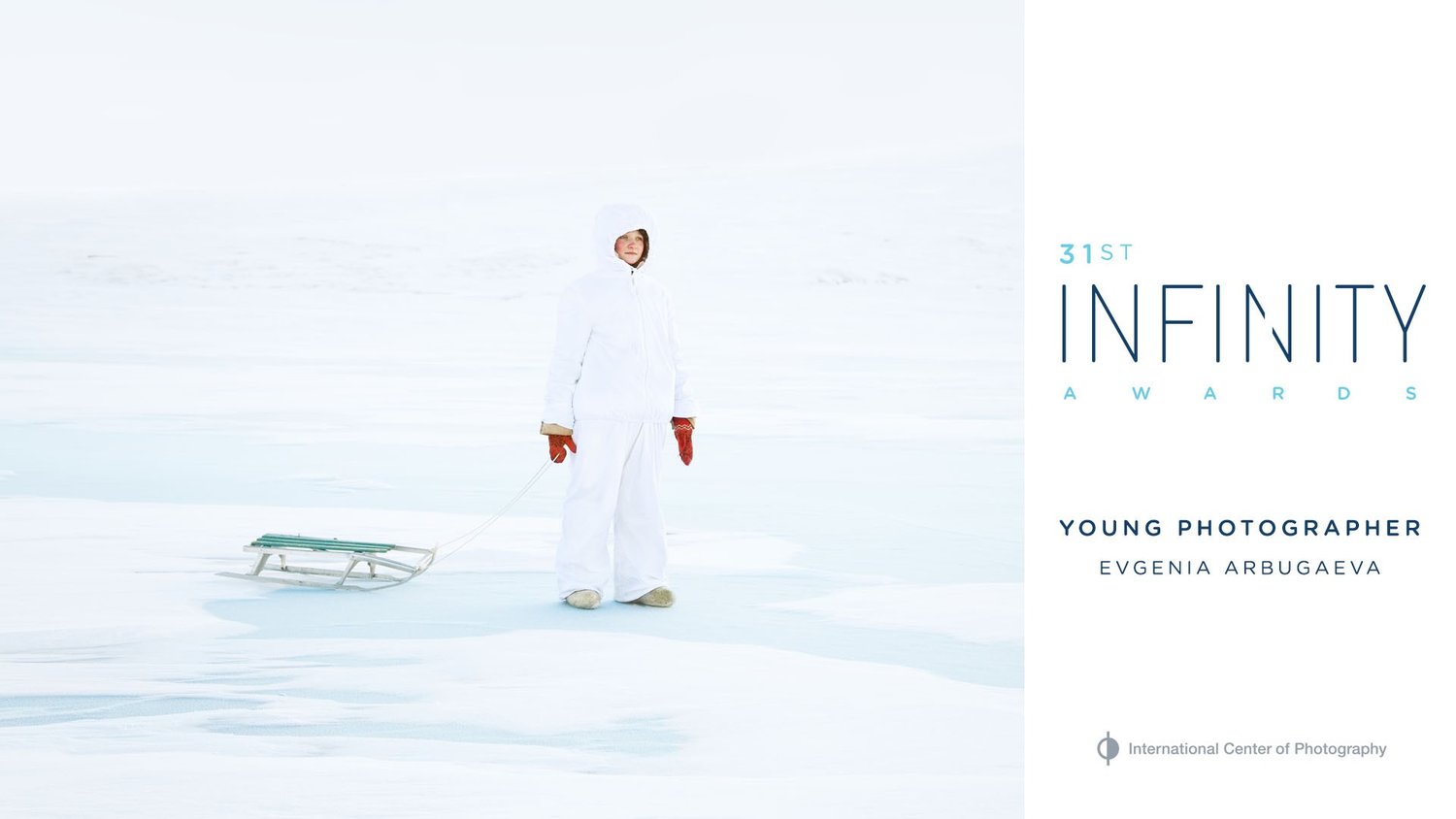
Evgenia Arbugaeva was born in the magical town of Tiksi, Russia. This barren, arctic landscape influenced Arbugaeva in almost every aspect of her dreamlike photography.
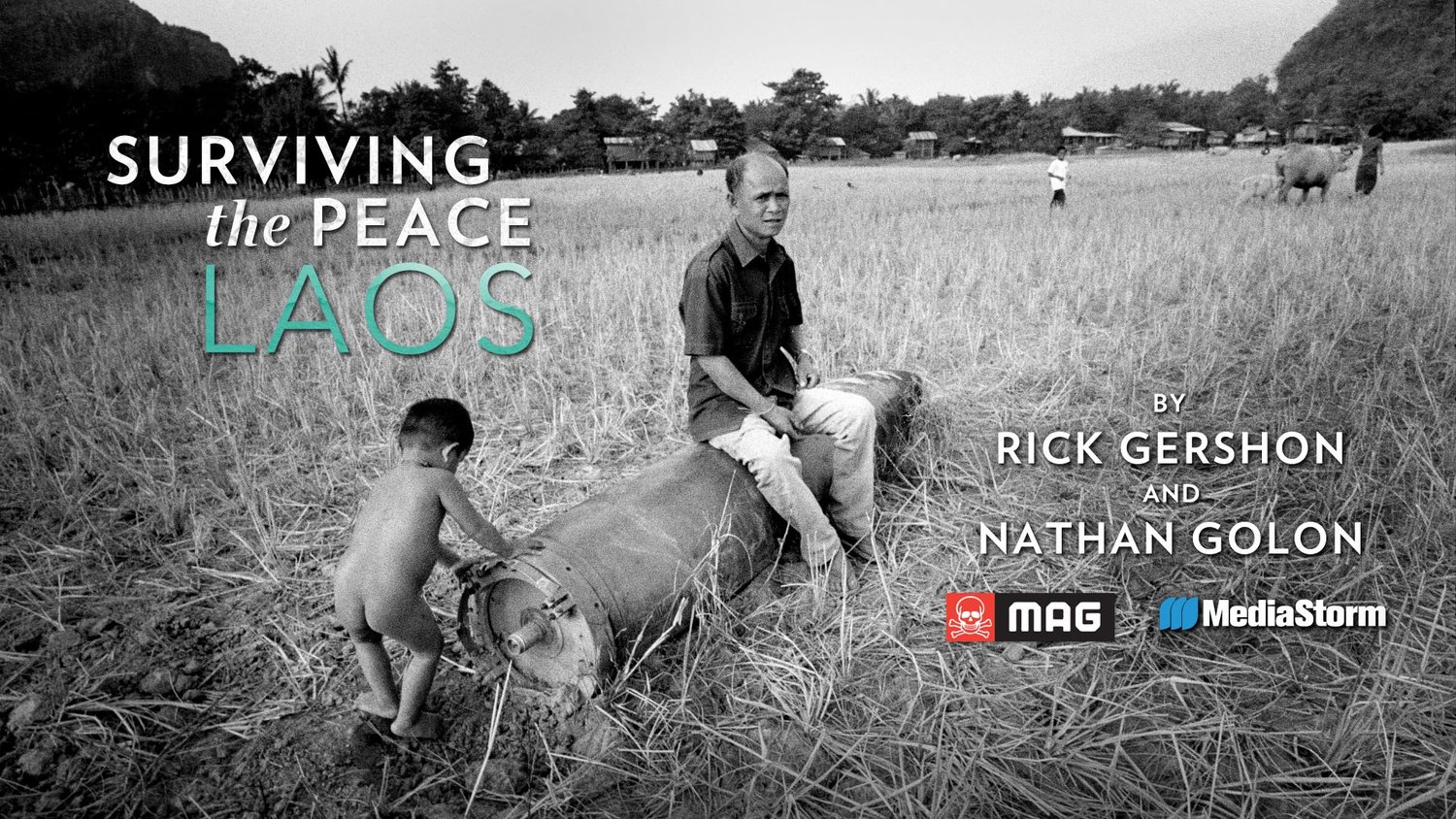
Surviving the Peace: Laos takes an intimate look at the impact of unexploded bombs left over from the Vietnam war in Laos and profiles the dangerous, yet life saving work, that MAG has undertaken in the country.

A family is determined to give their disabled son a whole and vital life. In the midst of a great burden, one small child – with a seemingly endless supply of love – is the blessing that holds a family together.
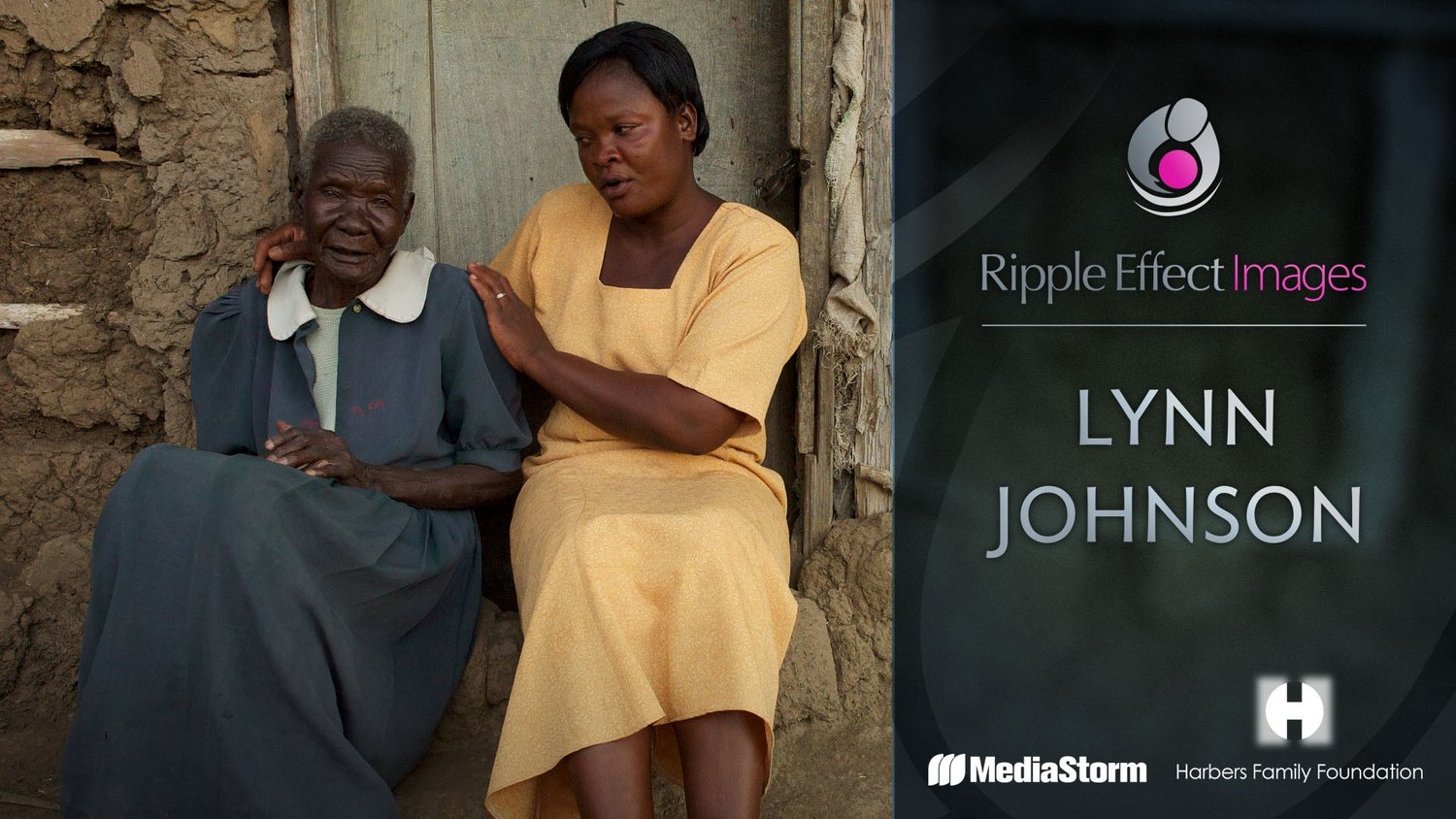
Inspired by the photographs of the Farm Security Administration growing up, Lynn Johnson has spent nearly 35 years as a photojournalist working for LIFE, National Geographic, Sports Illustrated and various foundations.
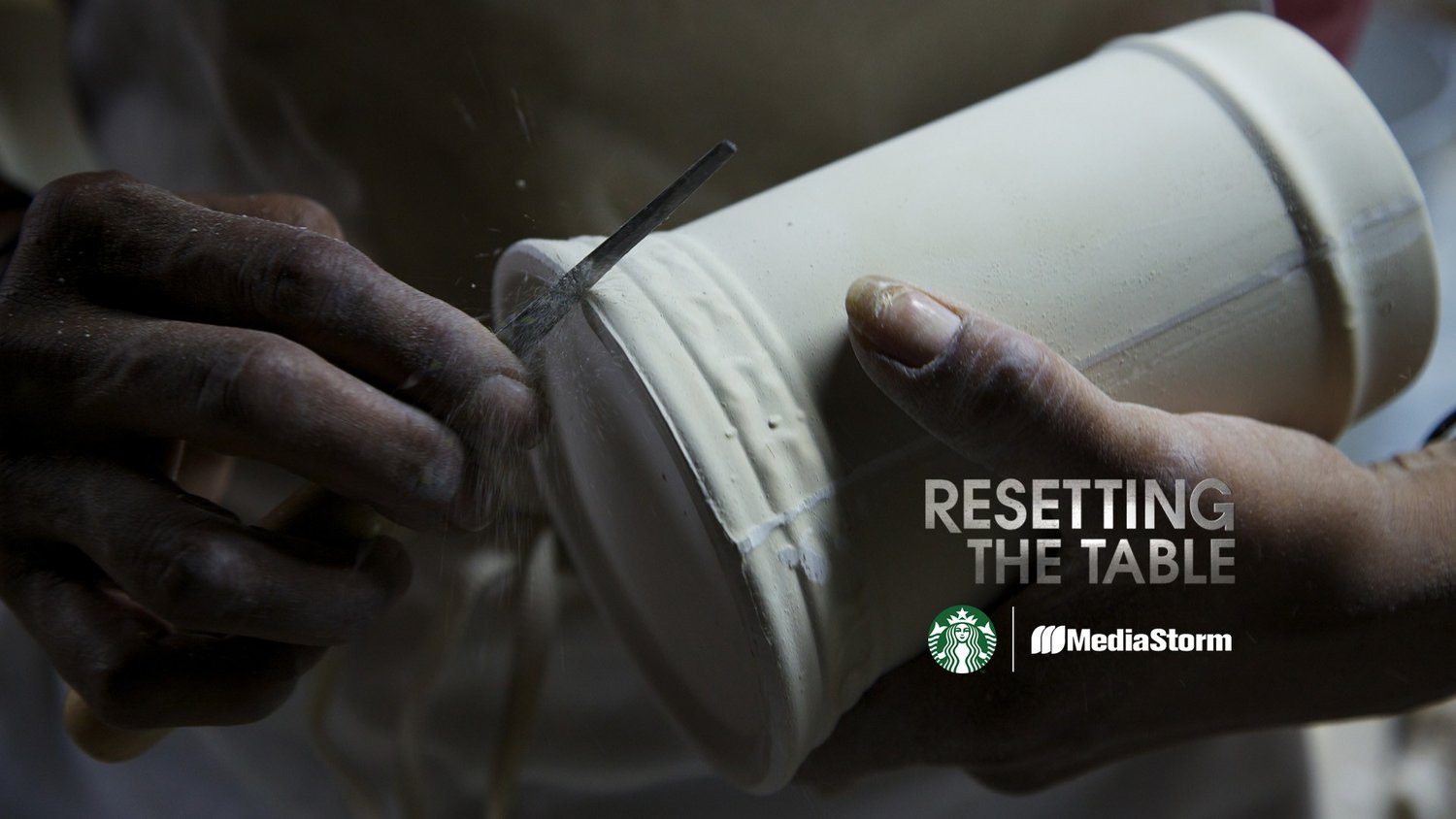
Resetting the Table takes a unique, personal look at the impact Starbucks’ Create Jobs for USA program has had on the American Mug & Stein pottery facility in East Liverpool, Ohio.
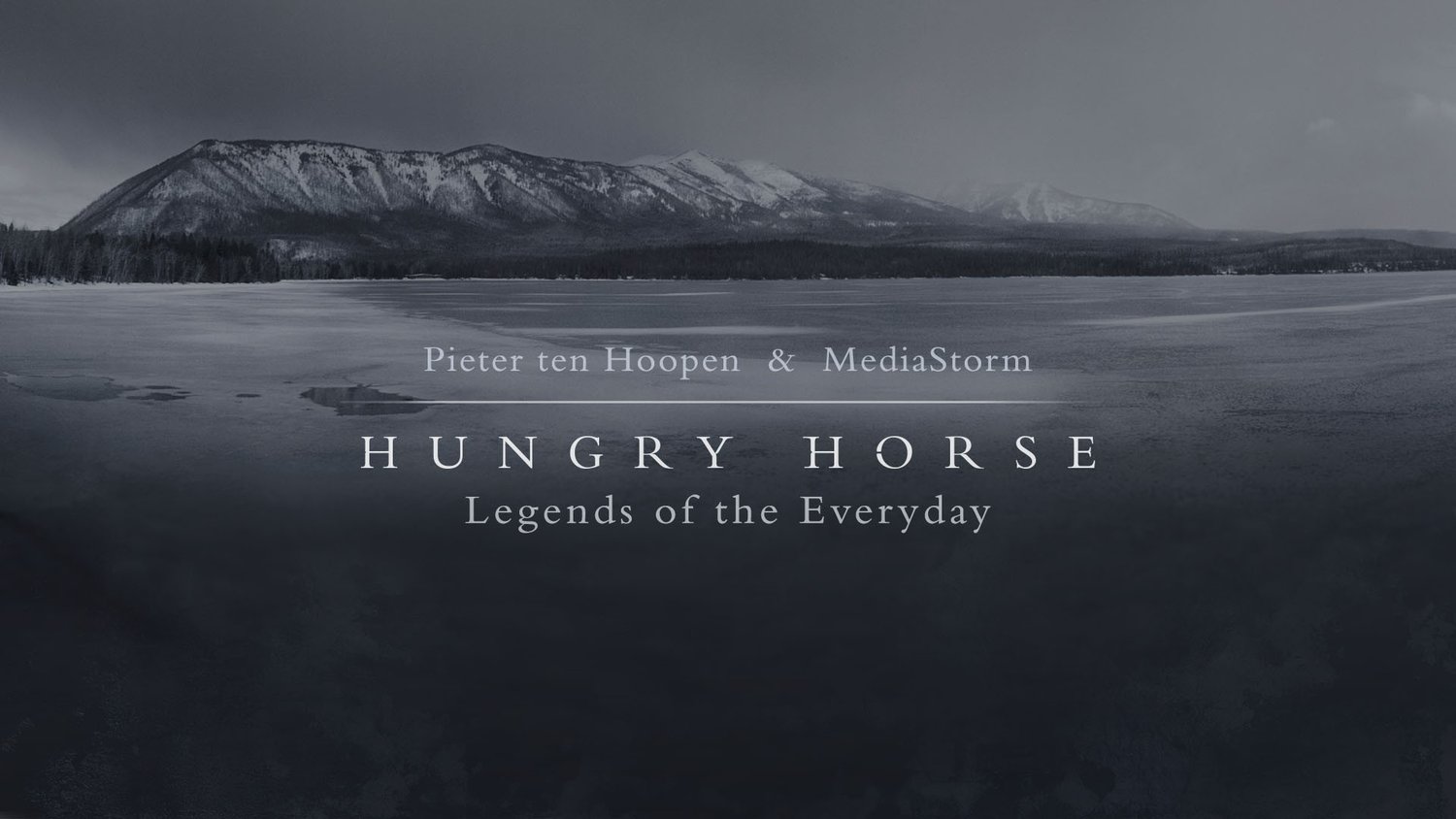
Hungry Horse captures the spirit of renewal, peace and serenity through stunning landscapes and intimate oral histories.

Using humor and a love of fantasy, "The Amazing Amy" Harlib connects with audiences through performing strenuous yoga-based contortion acts in New York City.

In many countries, girls as young as eight are forced into marriage by their families, culture and economic situation. This practice destroys their chance at education leading to tragic results.
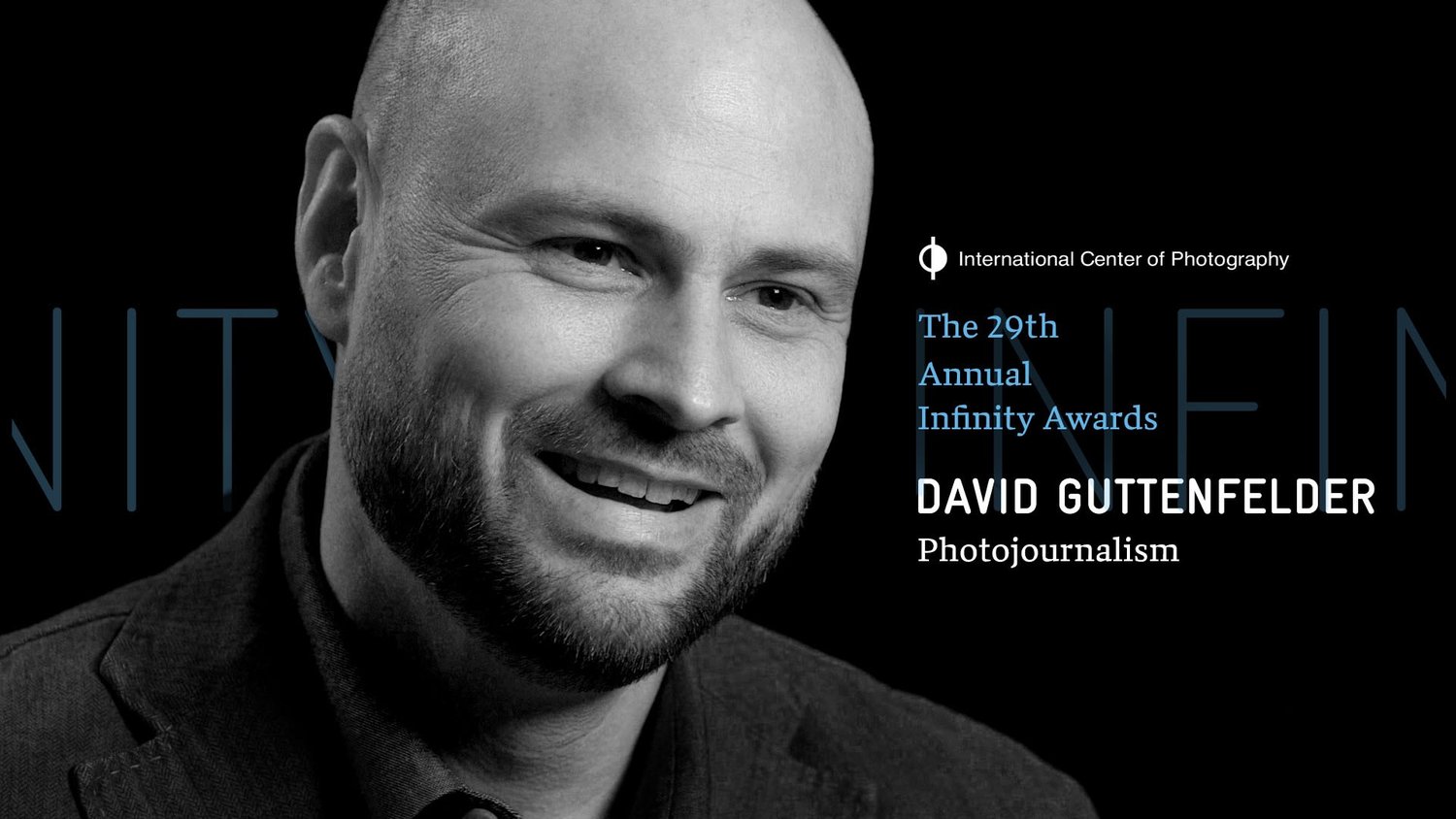
Surreal and mysterious, North Korea was a black hole to outsiders wanting a glimpse of the country. That all changed in 2012, when AP photographer David Guttenfelder led the opening of the bureau's newest office inside the North Korea.
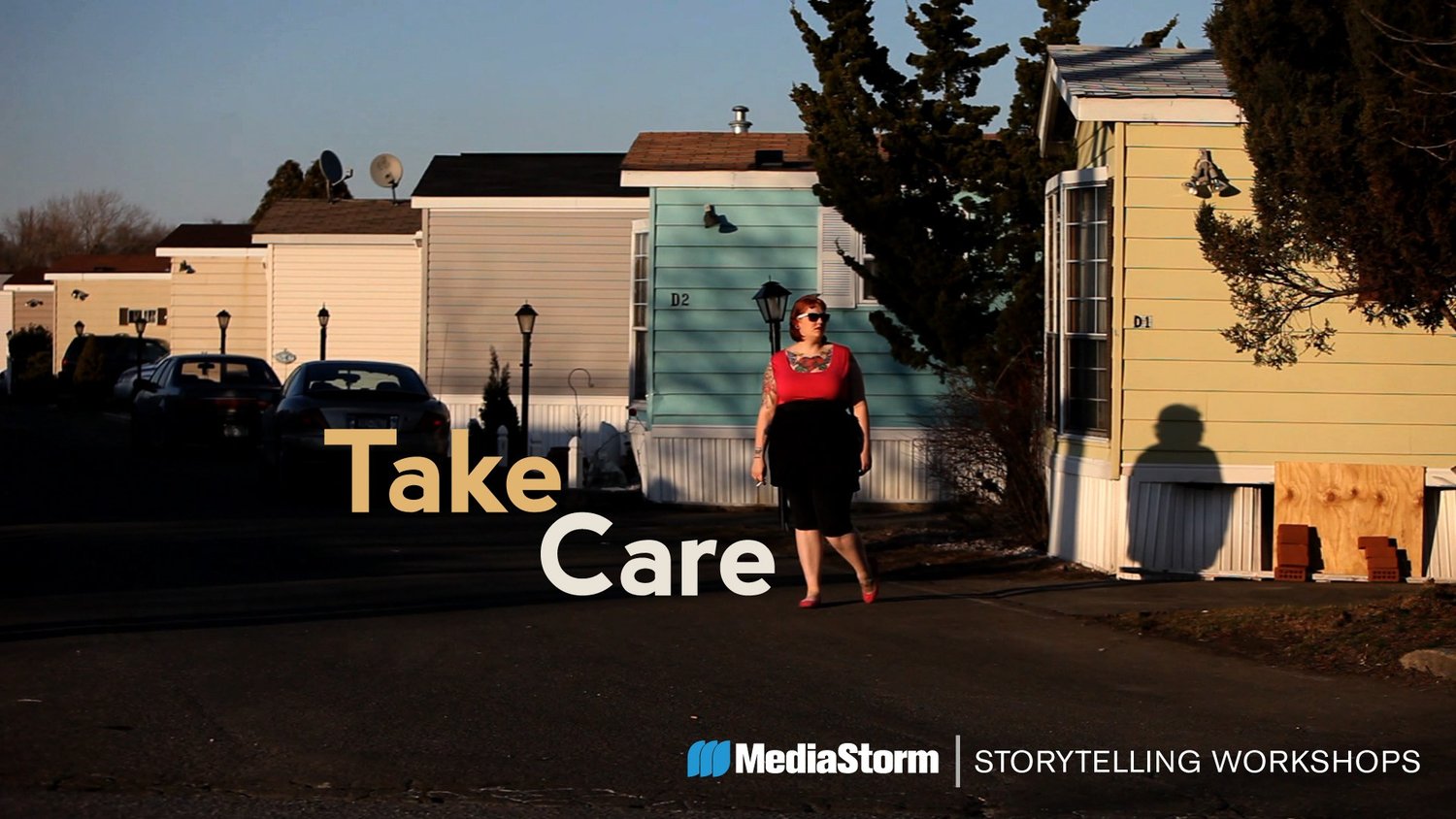
Virginia Gandee's brilliant red hair and dozen tattoos belie the reality of this 22-year-old's life. Inside her family's Staten Island trailer her caregiving goes far beyond the love she has for her daughter.
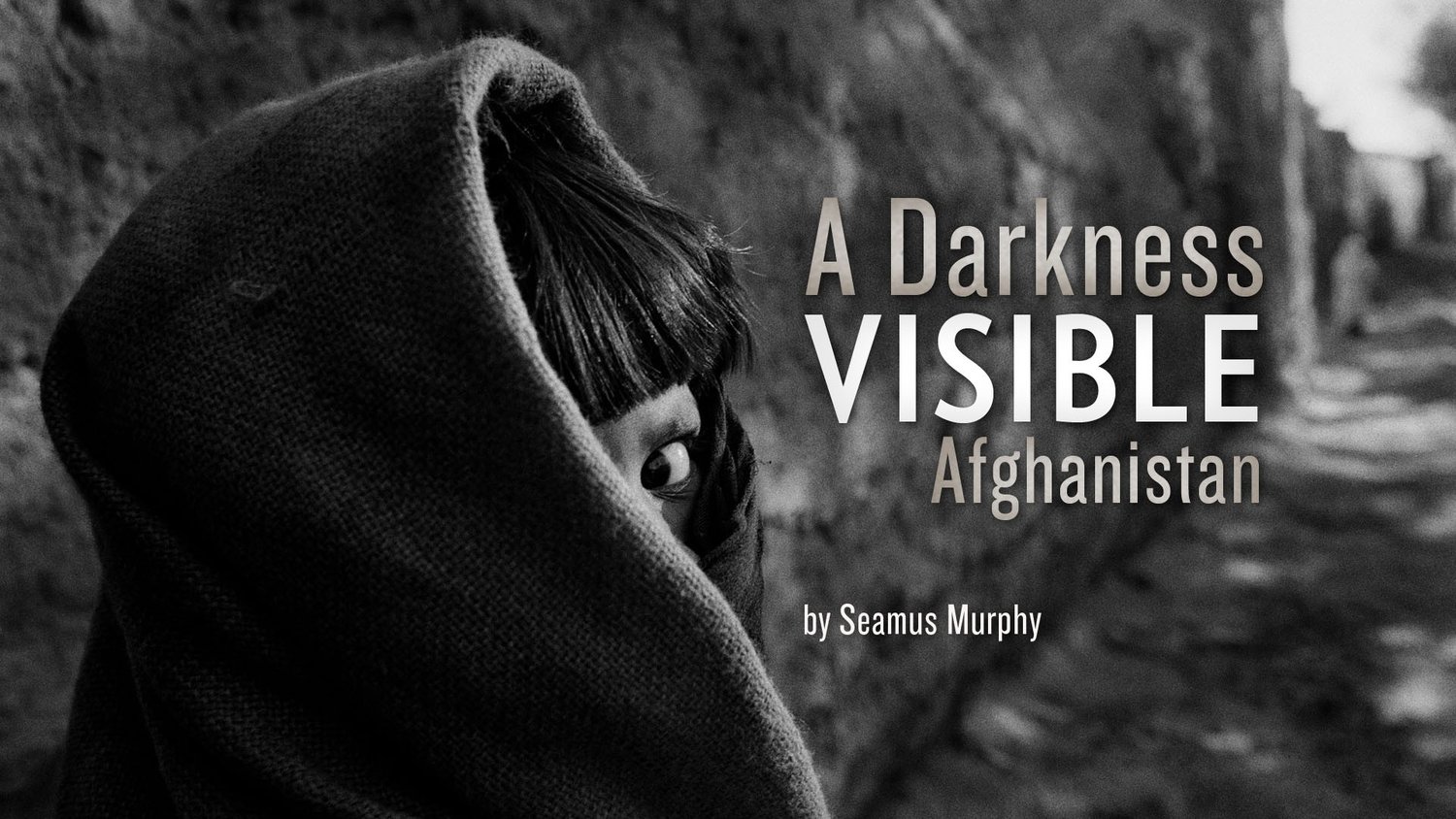
Based on 14 trips to Afghanistan between 1994 and 2010, A Darkness Visible: Afghanistan is the work of photojournalist Seamus Murphy. His work chronicles a people caught time and again in political turmoil, struggling to find their way.
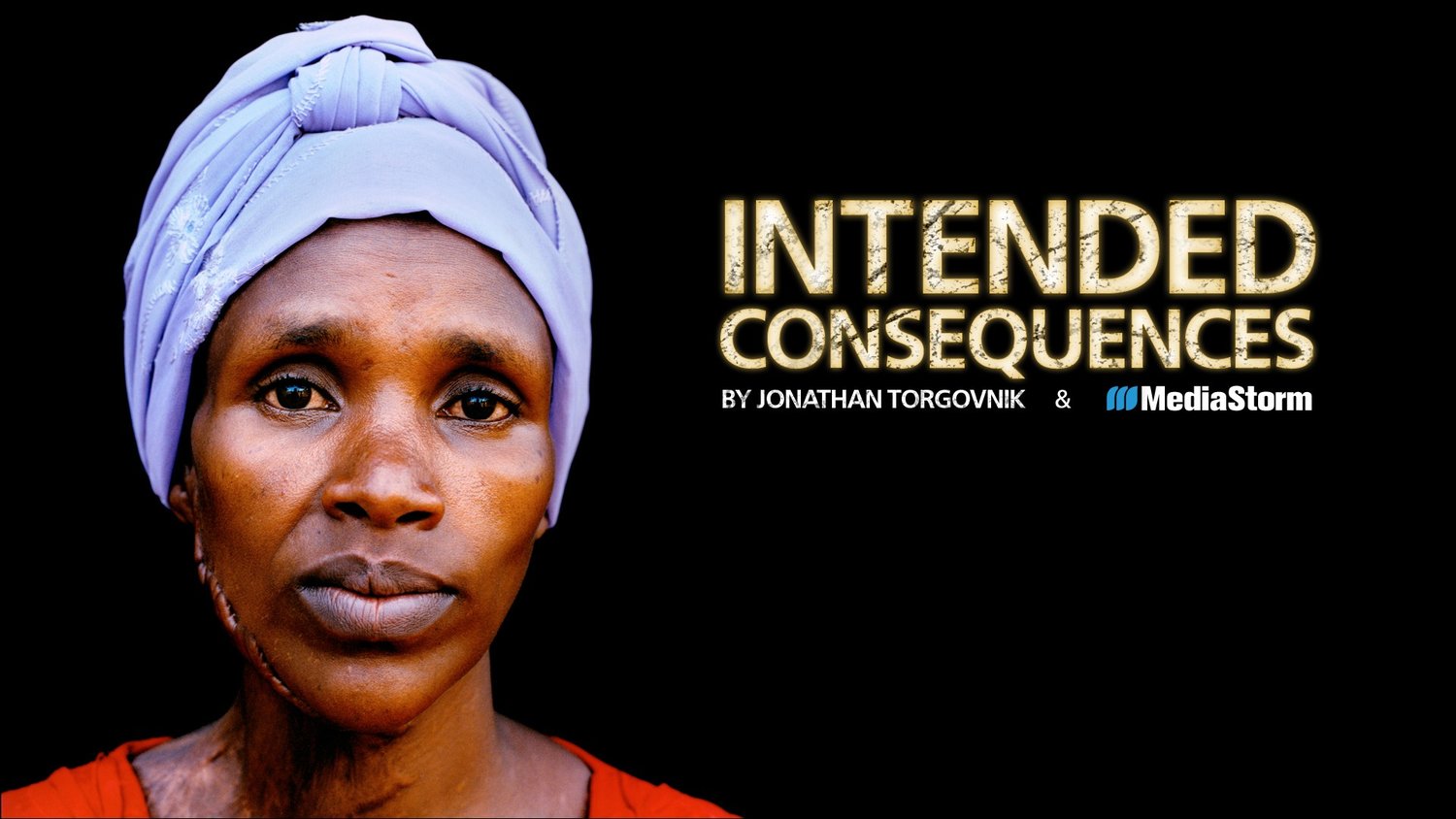
In Rwanda, in 1994, Hutu militia committed a bloody genocide, murdering one million Tutsis. Many of the Tutsi women were spared, only to be held captive and repeatedly raped. Many became pregnant. Intended Consequences tells their stories.
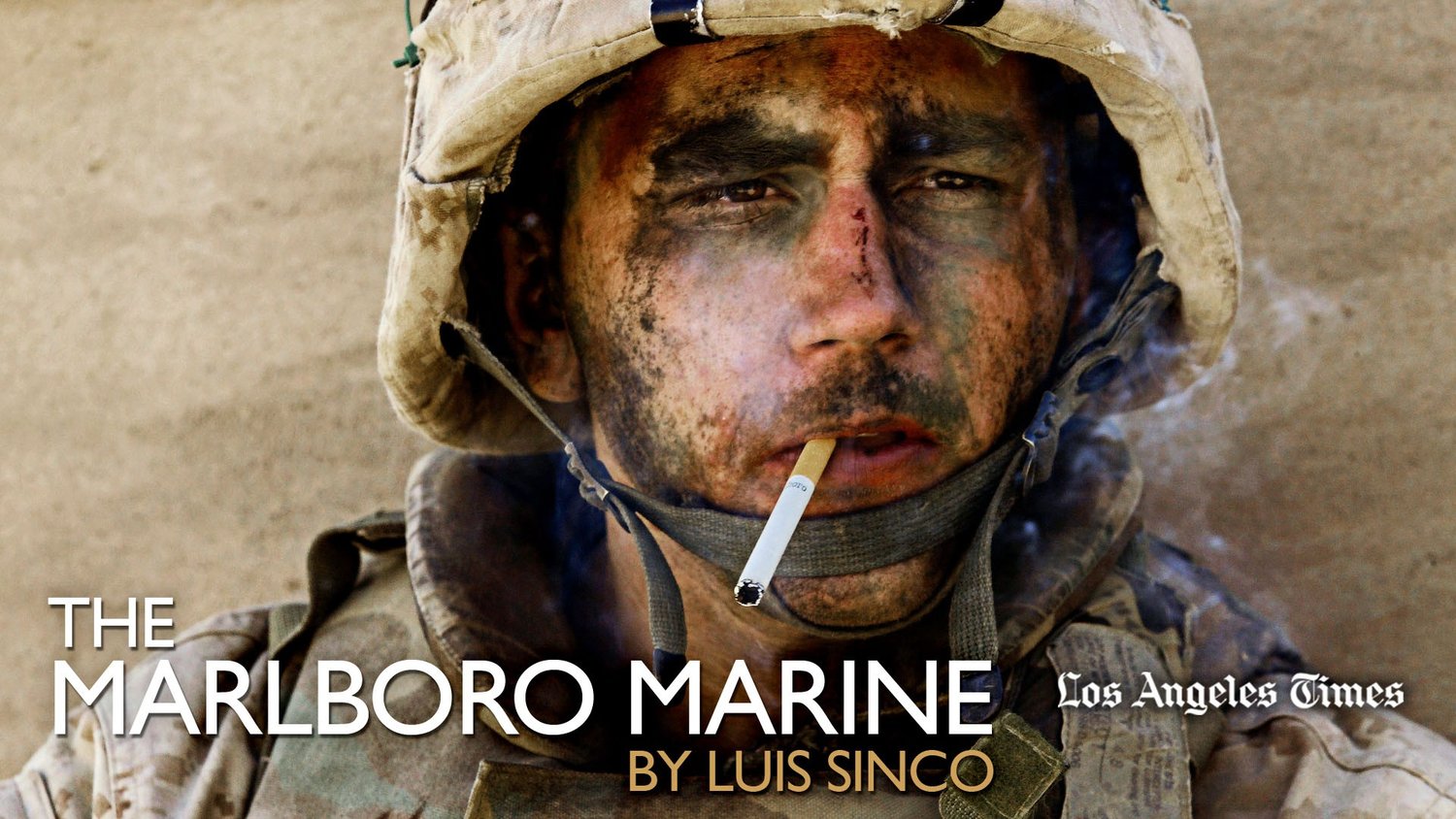
To those who serve in the armed forces, what is the aftereffect of war? The Marlboro Marine is photographer Luis Sinco's portrait of Marine Corporal James Blake Miller, whom he met in Iraq. For Miller, coming home has been its own battle.
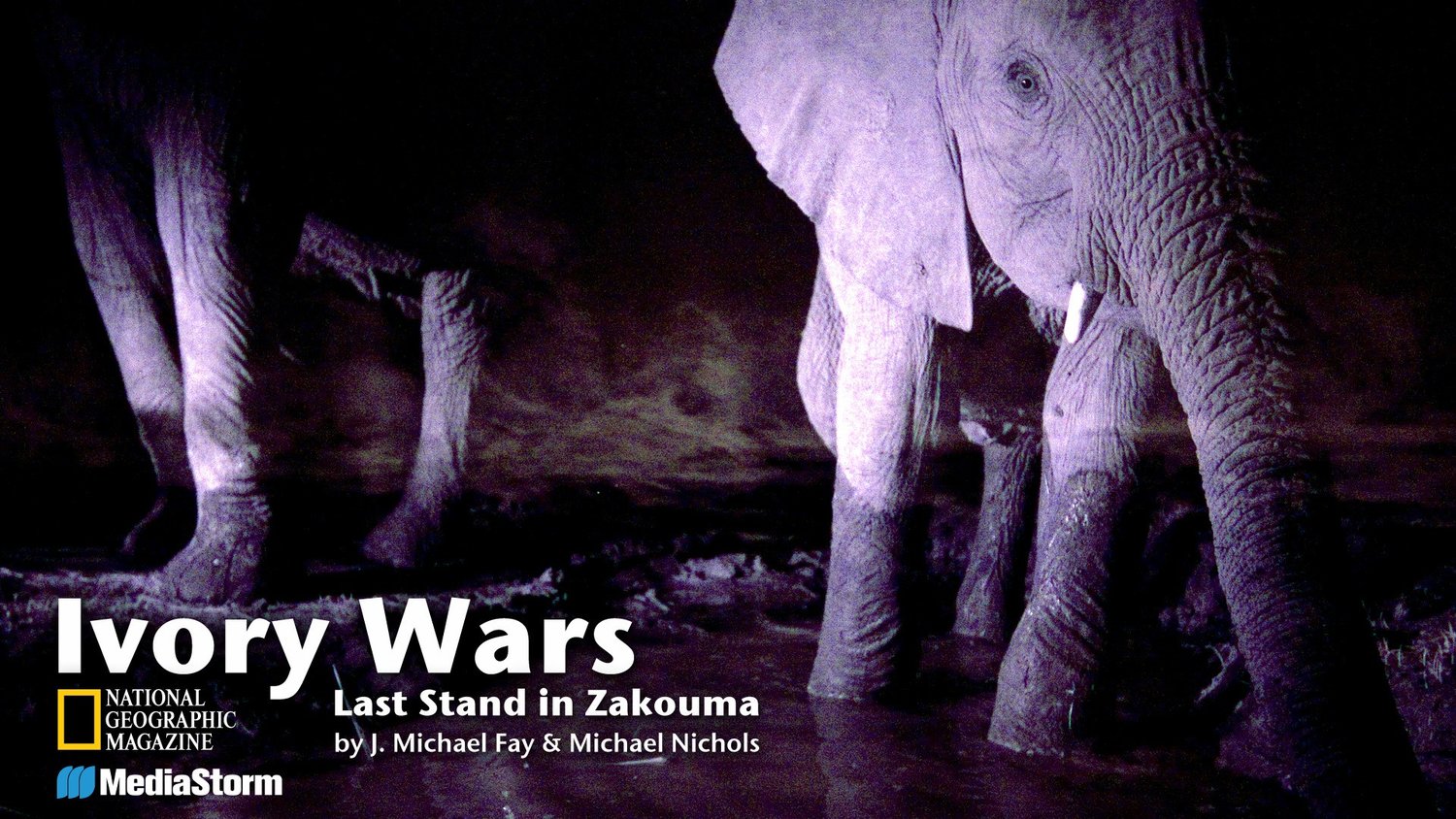
Zakouma National Park is one of the last places on earth where elephants still roam by the thousands. In a land where poachers will slaughter the huge animals for their tusks alone, it takes armed guards to keep them safe.
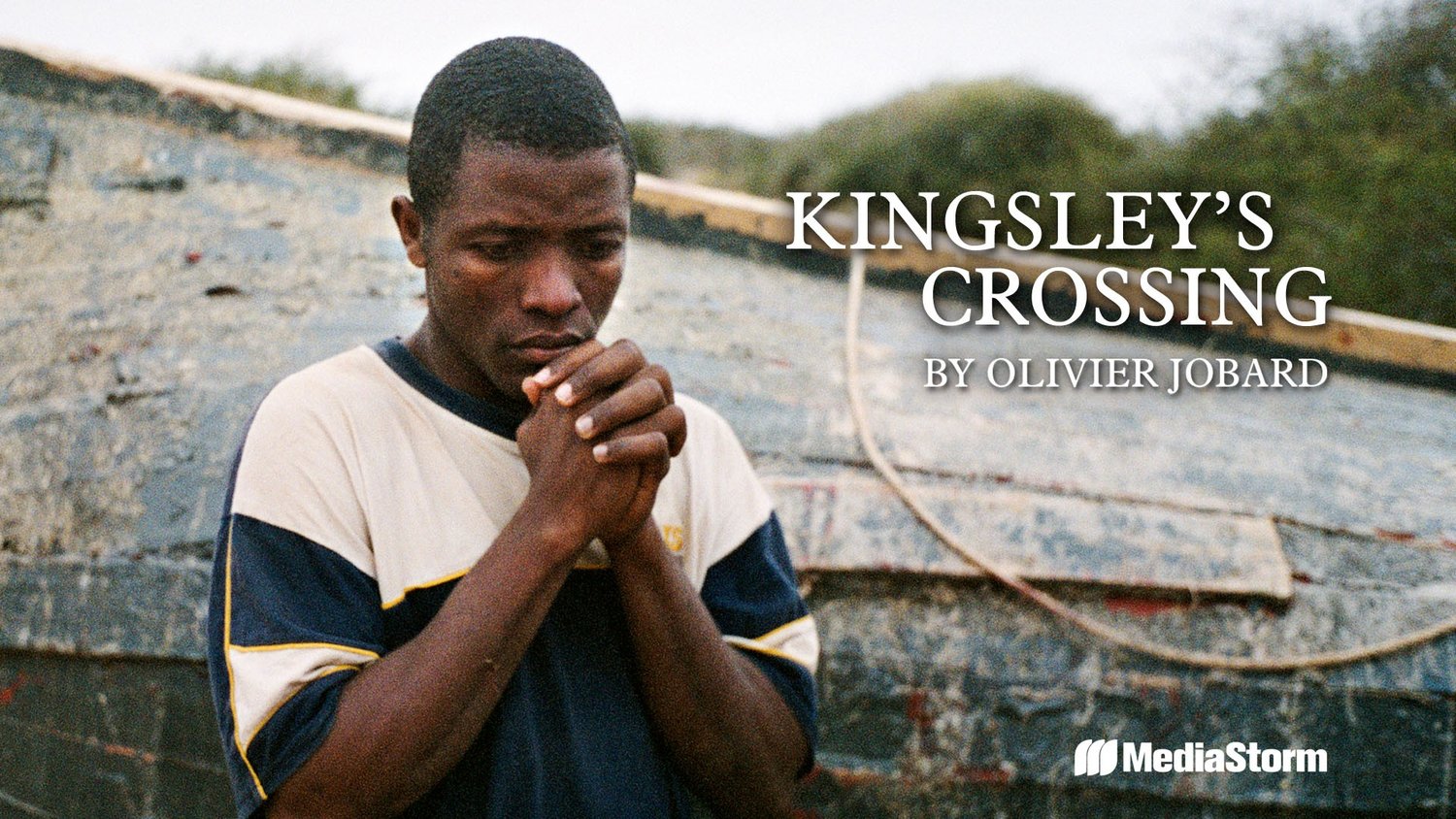
Kingsley's Crossing is the story of one man's dream to leave the poverty of life in Africa for the promised land of Europe. We walk in his shoes, as photojournalist Olivier Jobard accompanies Kingsley on his uncertain and perilous journey.
Collaborate With Us
The MediaStorm Platform is an advanced video platform that extends the user experience beyond linear video to include the interactive capabilities of the Internet.
The MediaStorm Platform is an advanced video platform that extends the user experience beyond linear video to include the interactive capabilities of the Internet.
Follow MediaStorm
Copyright 2025 MediaStorm, LLC | Terms & Conditions | Privacy | Contact
